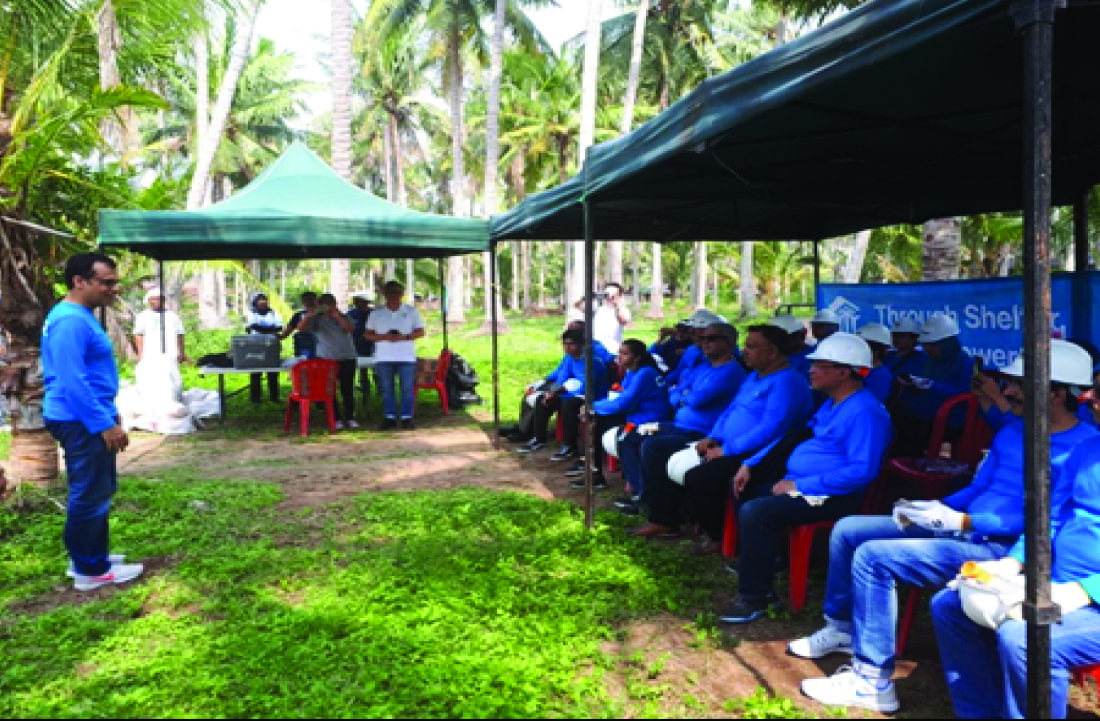Aditya Birla Textile actively participates and contributes to sustainability-related sector-specific global associations and initiatives, such as the Sustainable Apparel Coalition (SAC). We collaborate with governments, regional industry bodies and many other businesses. We play an active role in many trade organizations and industry groups across the world on a wide range of topics. We define collaboration as all forms of working with organizations outside our business entity. These collaborations range from working together on a project to participating in a voluntary initiative along with others in the sector, across the sector or non-business entitie
GLOBAL

THAILAND
• Thai Chamber of Commerce
• The Federation of Thai Industries
• Thai Weaving Industries Association
• Hazardous Substances Logistics Association
• Responsible Care – Chemical Associations of The Federation of Thai Industries
• Thai Synthetic Manufacturing Association
• Thai National Shipper’s Council
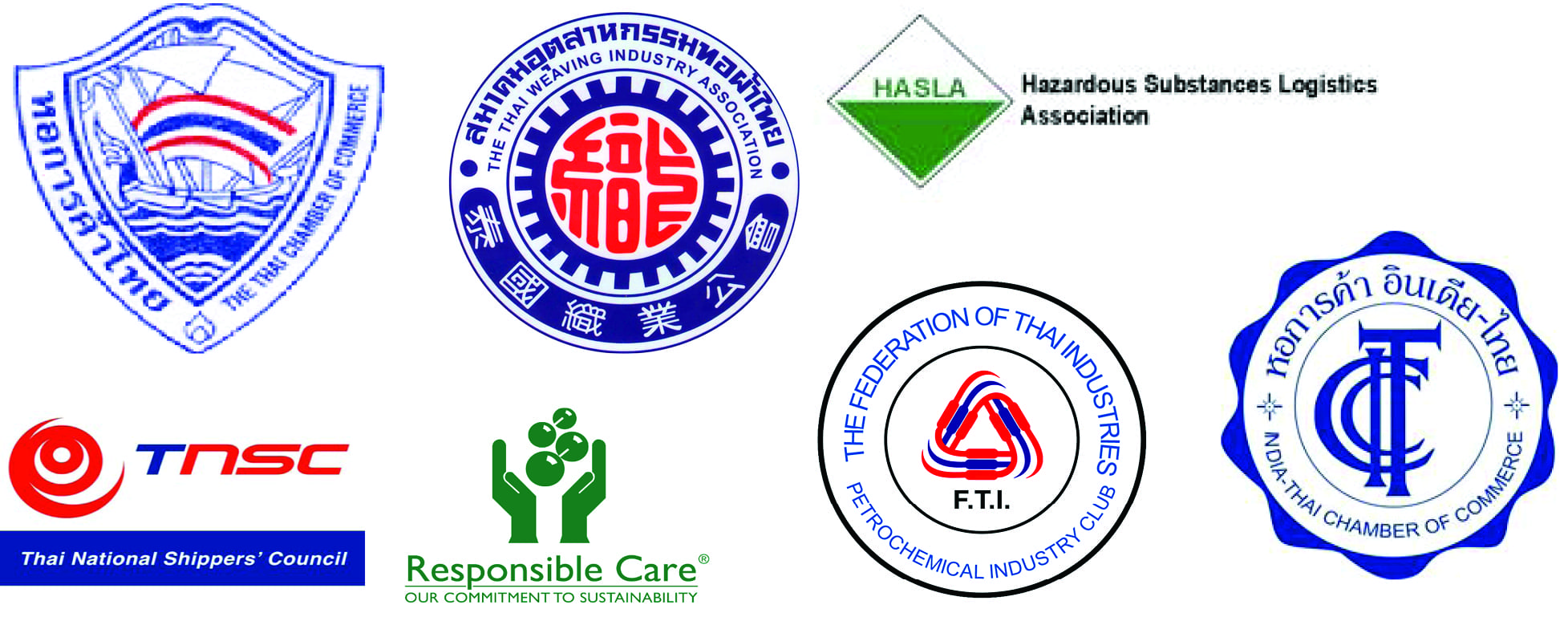
INDONESIA
• India-Indonesia Chamber of Commerce
• Indonesian Textile Association
• Business Forum of India
• Assoasi Pertextilan Indonesia (API)
• Assosiasi Pengusaha Pertextilan
• Indonesia (APINDO)
• Economic Association of India and Indonesia (ECAII)
• Social Security Employment Agency (BPJS Ketenagakerjaan)
• BPJS (Health Insurance)
• Forest Stewardship Council (FSC) on progress certification

INDIA
• Confederation of Indian Industry (CII)
• National Safety Council (NSC)
• Hooghly Chamber of Commerce
• The Bengal Chamber of Commerce
• Northern India Textile Research Association
• Federation of Indian Chambers of Commerce
• Federation of Indian Exports Organization (FIEO)
• Madhya Pradesh Textile Mills Association.
• Northern MP State HR forum
• Bharat Chamber of Commerce
• Indian Woollen Mills Association
• Indian Association for Occupational Health West Bengal (IAOH)
• Bombay Textile Research Association
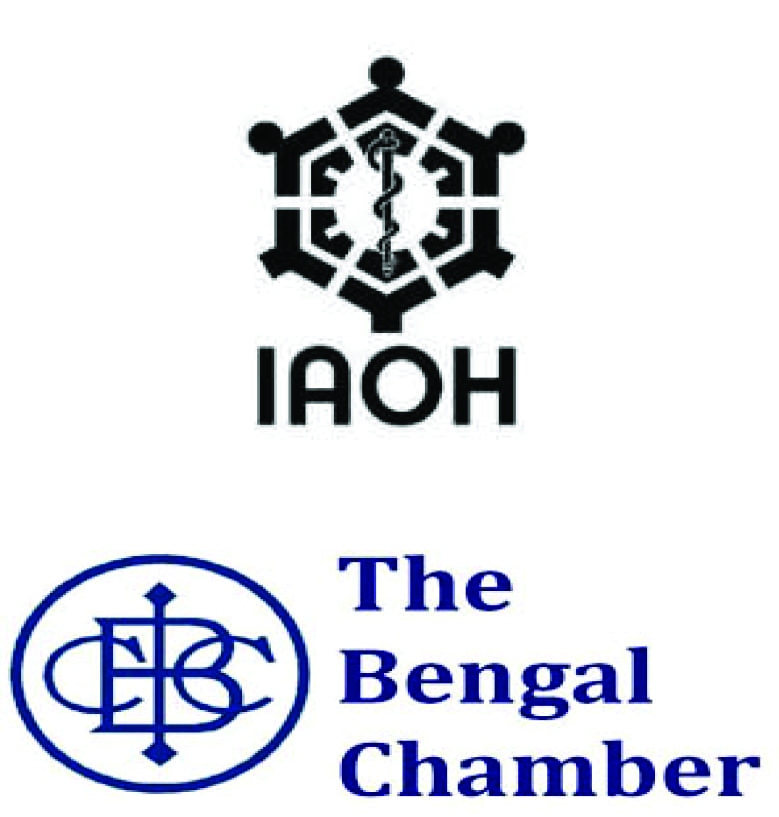
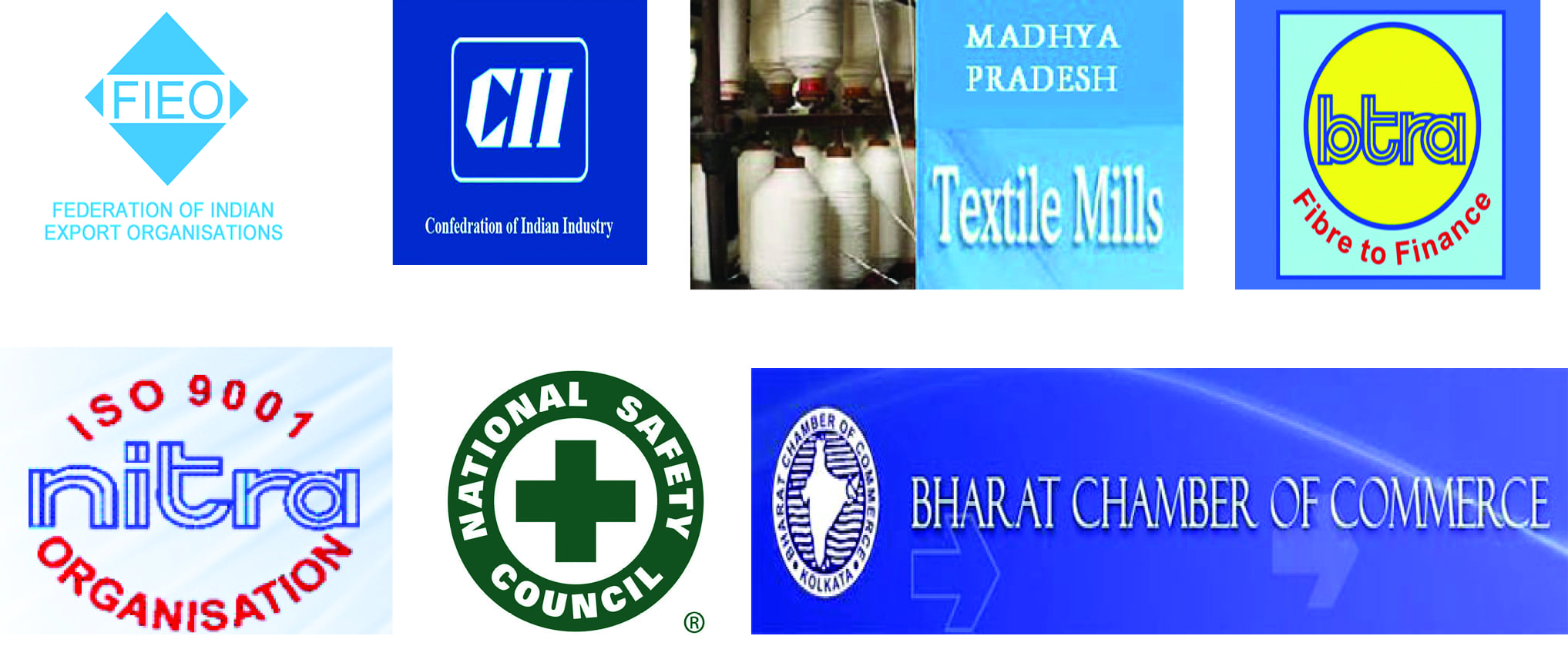
We believe in building strong relationship with all our stakeholder. We proactively approach and engage with our external stakeholders an openly and transparently. The engagement provide us with an opportunity to understand the needs and expectations of our stakeholders. We seek their feedback in improving our non-financial performance. We intend to build strategic partnerships with all our stakeholders and increasingly engage them in our activities and operations.
We extensively communicate our business purpose and objectives to our stakeholders and assess, evaluate and subsequently address our stakeholders’ concerns and then incorporate those in our process of decision making. Our stakeholder engagement strategy ensures advocacy and transparent communication on the challenges as well as the opportunities.
Our engagement with suppliers and customers involves collaboration and co-creation. We follow the AA 1000 framework in identifying and engaging with the stakeholders.
Our Stakeholder Engagement Policy covers the following aspects:
• Engagement processes specific to each stakeholder group, that is inclusive, material and responsive
• Inform, encourage, and build capacity
• Delineate scope and mode of engagement
• Integrate stakeholder engagement
• Review mechanism
• Communicate to stakeholders
We strongly believe that transparency and accountability of our actions will help in generating positive impacts for all our stakeholders; therefore, we have appointed a third party to conduct external reviews and evaluate our stakeholder engagement & materiality assessment process.
Our sustainability portal facilitates internal and external stakeholder engagement. On this portal, our stakeholders can record their grievances, queries, suggestions and also have interactions with other stakeholders, potentially leading to collaboration and co-creation projects. This portal also allows the ABG Textiles business to share sustainability success stories and disclosures.
During the reporting year, we identified the following categories as our primary stakeholders.
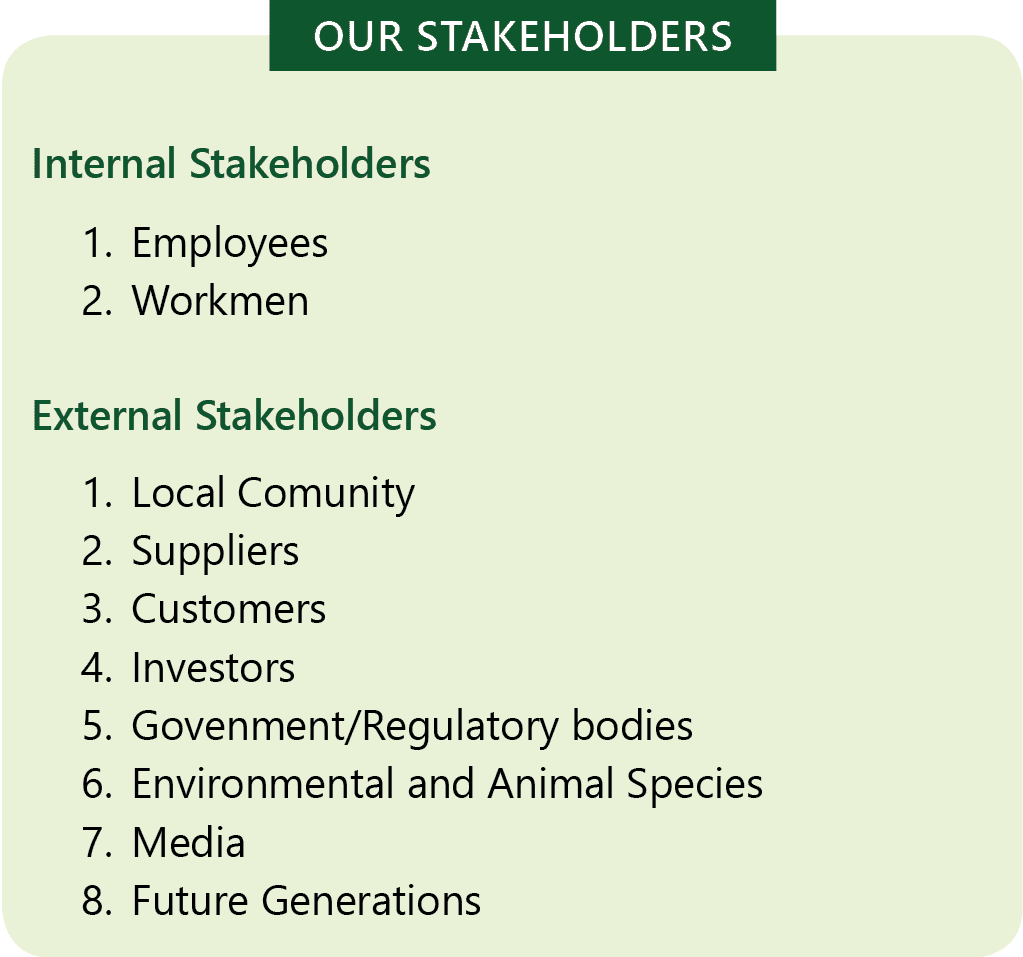
| STAKEHOLDERS | FOCUS AREAS | MODE | FREQUENCY |
| Employees |
• Productivity • Talent management • Learning and development • Training • Health & Safety |
• Regular interactions • Training sessions • Performance appraisal • Employee development initiatives • Annual reward and recognition programs |
Continuous & Ongoing |
| Workmen |
• Productivity • Training • Health & Safety |
• Training sessions • Performance appraisal • Workmen development initiatives |
Continuous & Ongoing |
| Local Community |
• Environmental and Resource
impacts • Local vendor spend • Community development |
• Community engagement to
elicit concerns on environmental
impacts • Community festivals • Co-creating CSR programmes with implementing partners • Local vendor development |
Continuous & Ongoing |
| Suppliers |
• Supplier capacity • Responsible supply chain • Quality and payments-on-time |
Supplier grievance mechanism Supplier surveys | Ongoing |
| Government & Regulatory bodies | Compliance Public infrastructure |
• Meetings • ENHESA Tracking |
Ongoing |
| Investors |
• Financial performance -Business strategy -Return on equity -Long-term business performance -Goals and targets -Risk assessment and management |
• Annual general meetings • Quarterly and annual results • Investor and analyst quarterly meetings and con calls • Investor conferences • Non-deal roadshows • Annual report • Quarterly results • communications through social media and ad campaigns etc |
Need-based, quarterly/ annually |
| Media | Major initiatives | Press releases | Ongoing |
| Future Generations | Interns Students |
• Internships • Factory visits • Lectures by staff at schools and colleges |
Ongoing |
Our global supplier base includes suppliers of input materials, engineering, construction companies, machines
manufacturers, installation and commissioning service providers, joint ventures etc. Our constant effort is to
navigating our supply chain to be responsible, inclusive, sustainable and agile.
We are cognizant of risks and challenges intertwined with the textile supply chain that use ESG risks and business
continuity. Climate-related risks could cause business disruptions and can increase our raw material costs.
Our supplier code of conduct forms an important indicator of our commitment to sustainable and responsible growth
and also ensures protocols are followed. This guiding document outlines the Standardized Operating Procedures
that the suppliers have to follow in general and specifically in addressing our supply requirements.
Our suppliers and contractors, both domestic and international, are required to comply with this code covering
Environment, Health & Safety, Human Rights, and Ethics & Compliance parameters. We require that our suppliers
adhere to our policies on emission, environmental regulations, provisioning a safe and healthy work environment,
and prohibiting child labour, among others.
We also have carried out supplier assessments, at select supplier operations, to drive supply chain sustainability
on ESG aspects as well as traceability. We intend to drive supply chain sustainability through targeted raw material
traceability and supplier performance assurance. We also set water reduction and energy reduction targets for our
suppliers.
We have a strategic and sustainable partnership with our suppliers where we hand - hold them in improving their
sustainability performance going beyond supplier code of conduct and regulatory compliance. Our engagement
with our suppliers is characterized by long-term relationship as these entities have evolved with us and been by our
side for decades.

SUPPLIER EVALUATION AND ASSESSMENT ON CODE OF CONDUCT
Vendors are assessed based on the following specific ESG parameters:
ENVIRONMENTAL(E)
• Compliance with applicable environmental legislation
• Managing environmental performance to minimize negative impacts
• Compliance with the all ABG-Textile environmental policy
• Efficient use of resources
• Traceability and Standards
• Responsble Sourcing
SOCIAL(S)
• Child Labor
• Freely Chosen employment
• Freedom of association
• Occupational Health and Safety
• Fire prevention and fire fighting
• Non-discrimination
• Fair treatment
• Wages and benefits
• Working hours
GOVERNANCE(G)
• Business ethics
• Anti – trust laws
• Anti – bribery and corruption legislation
• Responsible financial behavior
• Business licenses
SUPPLIER ASSESSMENT FOR HUMAN RIGHTS
Suppliers are assessed for compliance with human rights requirements in alignment with Aditya Birla Group Human
Rights Policy which includes fair, safe and healthy workplace, workplace security, work hours and wages, freedom of
association, the prohibition of child labour, forced labour, human trafficking.
We are committed to respecting the human rights of our workforce, communities and those affected by our operations
wherever we do business (including our contractors and suppliers) in line with internationally recognized frameworks
including the Social Accountability 8000 International Standard and its associated international instruments.
PROMOTING LOCAL SUPPLIERS
We undertake initiatives towards enhancing the skills and capacity development of the local workforce and community that are present in our supply chain. We extensively support and encourage our local suppliers to expand their capabilities across all the units. We normally engage with local supplier for material handling, transportation, procuring various raw materials etc.
The proportion of spending on local suppliers
Having local suppliers helps in reducing procurement costs, improving efficiency, monitoring and controlling workflows, and regulating compliance. It affects and manages various activities across the procurement cycle. ITS and VW have improvised their efficiency and workflow by spending on local suppliers. ITS has increased their spending by almost 110% from last year and VW has also significantly increased their spending on local suppliers.
NUMBER OF CO-CREATION PROJECTS
Beyond understanding and addressing concerns, our engagement with suppliers and customers involves collaboration and co-creation projects. We intend to scale up the engagement to collaboration and co-creation with stakeholders.
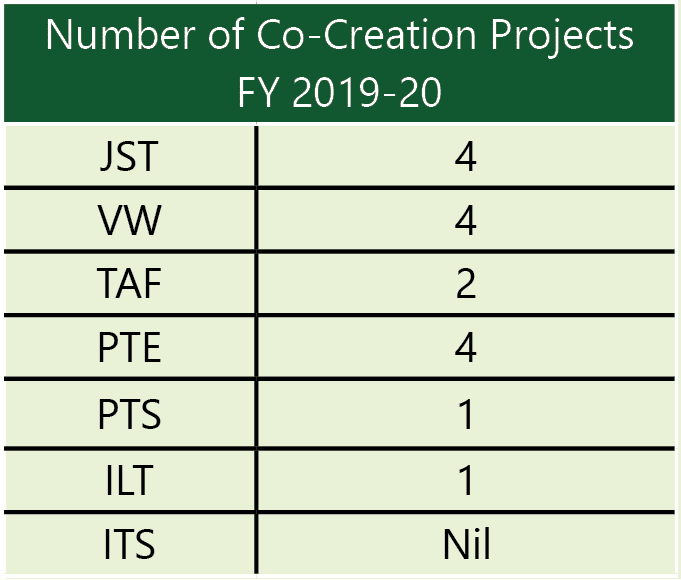
Our responsibility to our customer does not end at the execution of sale. We believe that our responsibility extends to our customer’s experience with our product during processing, use and disposal. Our product stewardship initiatives are mainly focused on reduction in environmental cost and requirements during processing, health and safety impacts of products during use and degradability or recyclability at the end of use.
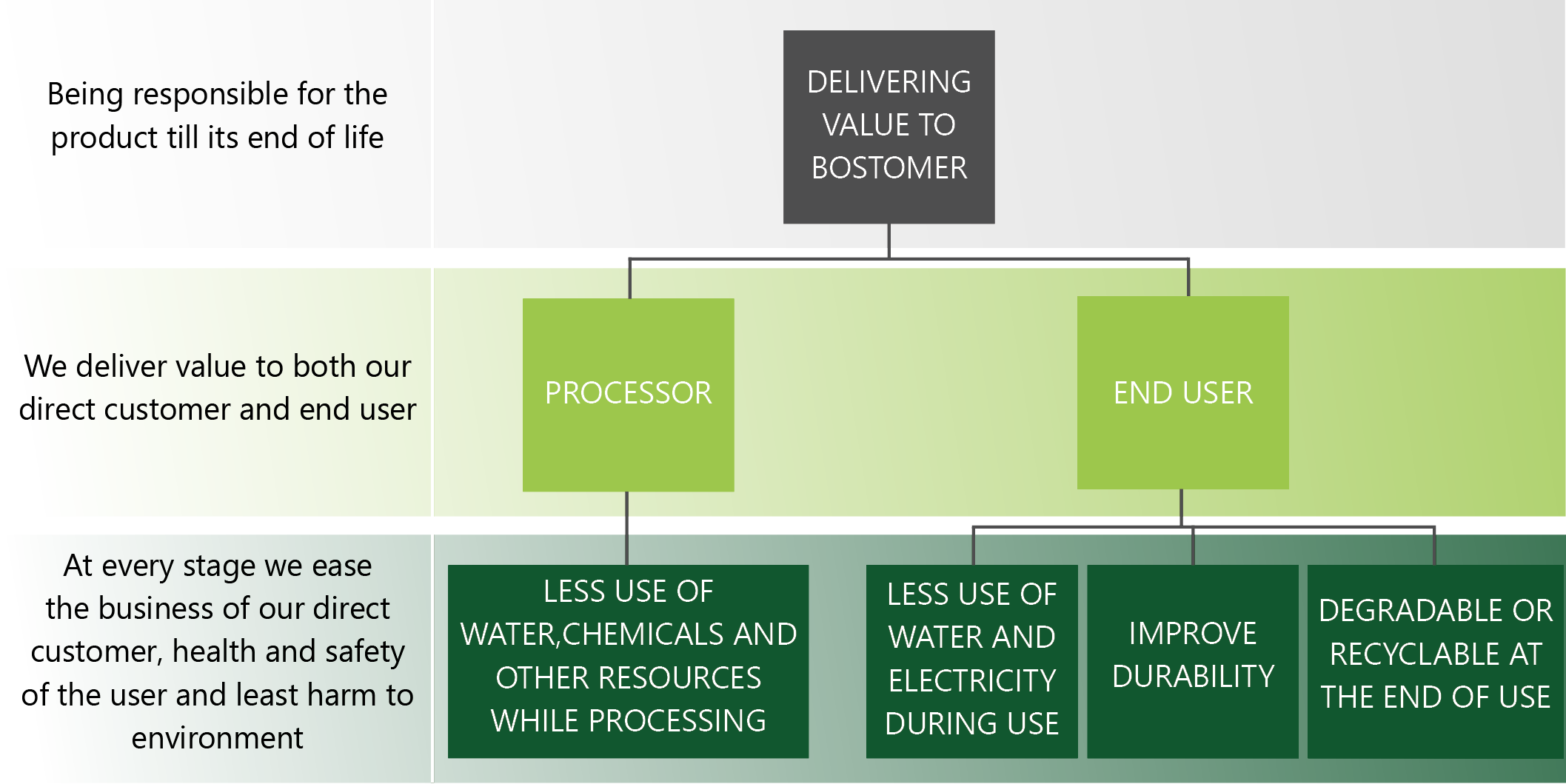
LIFE CYCLE ANALYSIS (LCA)
Product stewardship requires that the business understands the impacts of its products across the life cycle and improvement options at each stage of value chain. Life cycle assessment (LCA) helps understanding the impacts of our products across their life cycle, on the environment. The insights and knowledge from LCAs enable us to compare our new and existing products; measure or benchmark the environmental profiles and evaluate the consequences of improvement options. This information helps to guide our product development team during the innovation process and forms an important aspects to communicate the environmental performance of our products to customers. We have collated here LCA results of some of the products. These studies were conducted as per ISO 14040/44 standard.
Life Cycle Assessment of Linen Garment
We conducted an LCA of 1 piece of Linen garment to environmental impacts from raw material extraction to the final product disposal (Cradle to Grave as the System boundary). The system boundary includes the complete value chain of manufacturing from flax to yarn, weaving, garment making, packaging, consumers usage and its disposal

As per the study findings,
• Linen fabric manufacturing process is a highly energy-intensive manufacturing process for which 1 piece of
Linen garment has global warming potential of 59.9 kg CO2 equivalents over entire life cycle (Cradle to grave).
• During the entire value chain, use - phase washing is the largest contributor with global warming potential of
24.9 kg CO2
equivalents.
• The study also suggests the cultivation of flax and the manufacturing of the garment have significantly less
contribution to the overall impacts.
• The end-of-life stage has nearly no impact compared to the other stages of the life cycle
We use the life cycle analysis (LCA) process to better collate the improvement points, and identifying opportunities to reduce the environmental impact. It assess our product and process redesign with the goal of reducing their environmental impact.

LCA study of Radianza™ & BirlacrilTM
At Acrylic Fibre portfolio, we conducted LCA studies (Cradle to Grave) for 2 of our flagship products, RadianzaTM and BirlacrilTM (One piece of 450 gm of garment (sweater) during the entire life cycle i.e. cradle to grave 450 grams.

During the study, it was found that process of manufacturing Radianza™ has a much lesser negative impact on our environment than some other conventional processes used in our industry.
As Radianza™ fibre is manufactured using gel-dyeing technology. After the dope (polymer) is injected through the spinneret, and before it becomes the solid fibre, it is in the gel form (neither completely solid nor completely liquid) and we add basic dye solution at this stage. The polymer in the state immediately absorbs the dye solution without additional water, chemicals and energy.
Compared fibre dyeing (dyeing the fibre after it is made) to yarn/fabric dyeing (one of the biggest sources of pollution in textiles), in gel-dyeing·
• Consumes much less water (around 7 times less than conventional dyeing for one piece of garment)
• Consumes much less energy (around 20 times less than conventional dyeing for one piece of garment)
• Needs no additional chemicals
• Discharges much less unused dye
LCA study of 1 pc of Rayon garment (Blouse)
The life cycle of a Rayon garment (blouse) comprise various stages which primarily includes Viscose production and transport, Spinning at ABYTM, transport of Rayon yarn, Yarn blending and dyeing, Fabric manufacturing, Transport of fabric, Blouse manufacturing, Use of the garment at user stage, and finally the end of life (disposal).
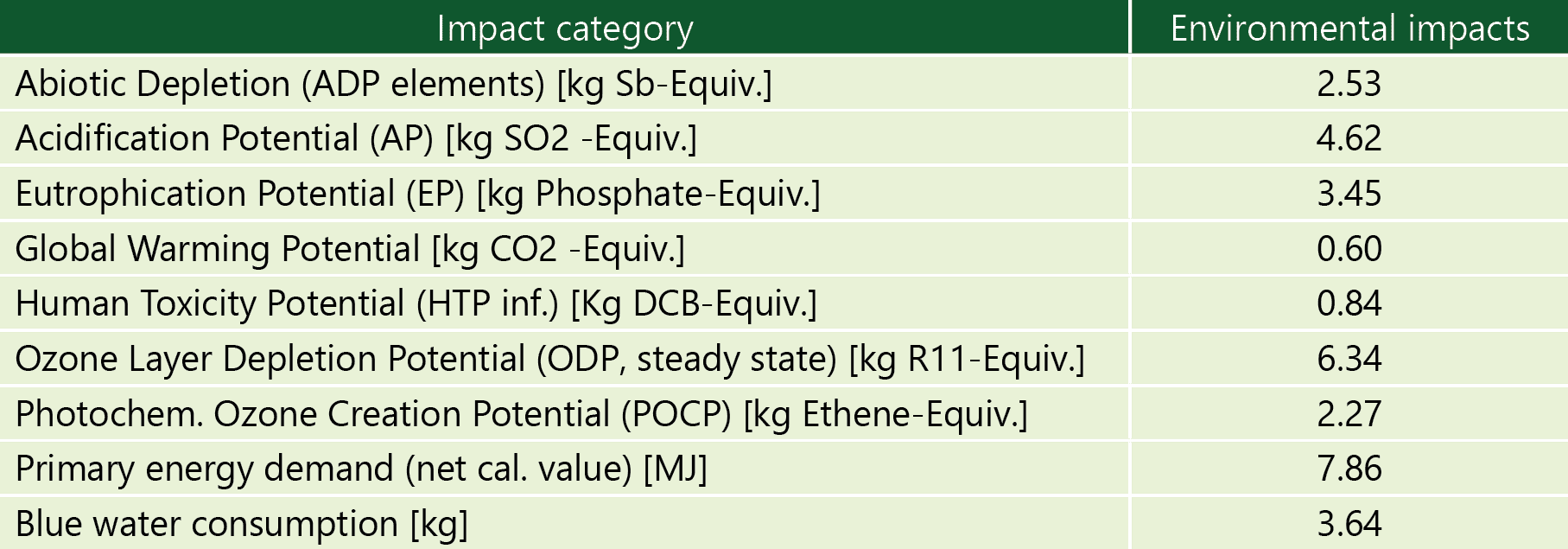
CUSTOMER RELATIONSHIP MANAGEMENT
We have created a strong culture of consumer-centricity in all aspects of its operations. The consumer-centricity framework is based on continuous customer research, real-time customer feedback. We have adopted the Net Promoter Score (NPS) framework to assess customer satisfaction through a Company-wide program. This feedbacks are rigorously monitored, and training is imparted to the employees to understand and take care of the concern. Through this initiative we have developed inherent culture within the organization, where every employee in each department is tuned to listen to the customer. Our customers are our assets and we put all our efforts to delight them.
Net Promoter Score
We launched Net Promoter Score (NPS) which focuses on measuring long-term happiness, on customer loyalty. Here we ask questions based on the likelihood of recommendation to family and friends. We measure our detractors here by finding out the issue, try to bring them on becoming our promoter. The scores are measured between 0-10 or in percentage of which 0-6 are considered to be detractors and those who scored 9 or 10 are only considered promoters. We are able to measure customer’s opinion across channels, contact moments and experiences.

ABYTM NPS SCORE REMAINS UNCHANGED DURING FY 2018-19 & FY 2019-20
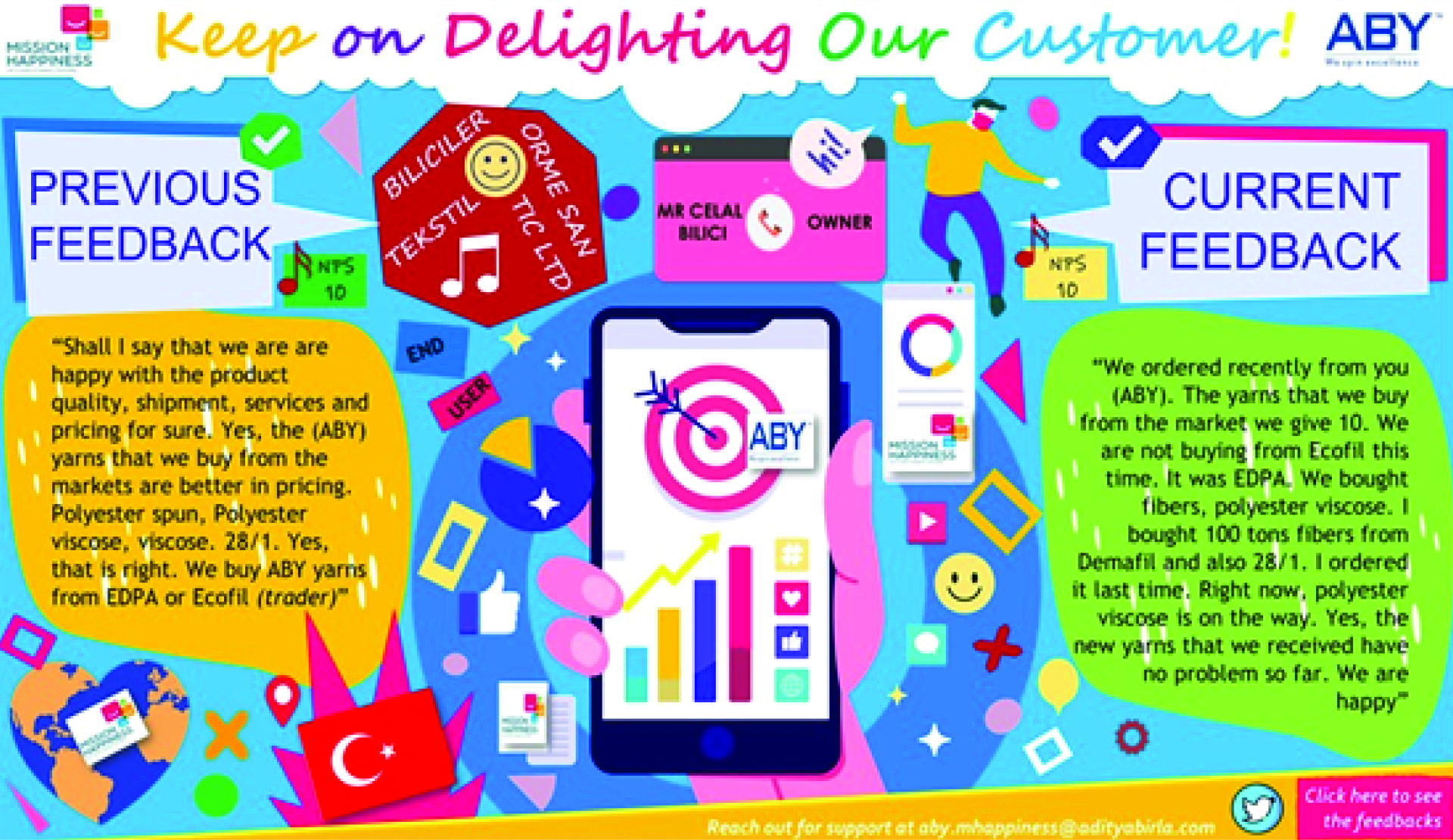
CUSTOMER HEALTH AND SAFETY
Our commitment to health extends to the customers and the ultimate user of our products. This is achieved through
undertaking Oeko-Tex certification of our fabric and yarn, periodic evaluation of our Higg Index, environment and
social & labour module scores ensures that our commitment is adhered to in our operations. We provide guidelines
to our customer on how to use our product. We take adequate care during transportation of our product to customers
and ensure that packaging is robust enough to avoid any deterioration of product quality.
We also have a customer technical service (CTS) department which proactively reaches out and manages customer’s
requirement. Occasionally we engage with our supply chain partners in this activity.
Chemicals management is an important aspect of safe operations, maintaining the quality of effluent and most
importantly customer health and safety. Our certification with REACH and OEKO-TEX conform to our effective and
efficient chemical management.
All our products comply with REACH regulations which restrict the use of identified chemicals and substances,
and also comply with product health and safety regulatory requirements in almost all countries of our exports and
showcase our global good practice of product stewardship.
At Aditya Birla group, we have always undertaken initiatives with an objective to improve the quality of life and ensure
the holistic development of our surrounding communities. Our CSR initiatives are based on the United Nations
Sustainable Development Goals. Our initiatives focus on various challenges, these community-based projects cover
Health Care, Education, Sustainable Livelihoods and Social Welfare & Empowerment, Promoting gender equality and
empowering women, Ensuring environmental sustainability, Rural Development Projects, Donations to institutions
etc.
We collaborate with several regional partners who help us to execute our social vision and inclusive growth. We
deliver value to society, in the region where we operate through the development of the community, by working
with local authorities, direct social investments and donations.
These activities are carried in close involvement of community members. We conduct baseline surveys to understand
the needs of communities and these surveys are extensively discussed in management meetings.
HEALTH CARE
Contribution to UNSDGs
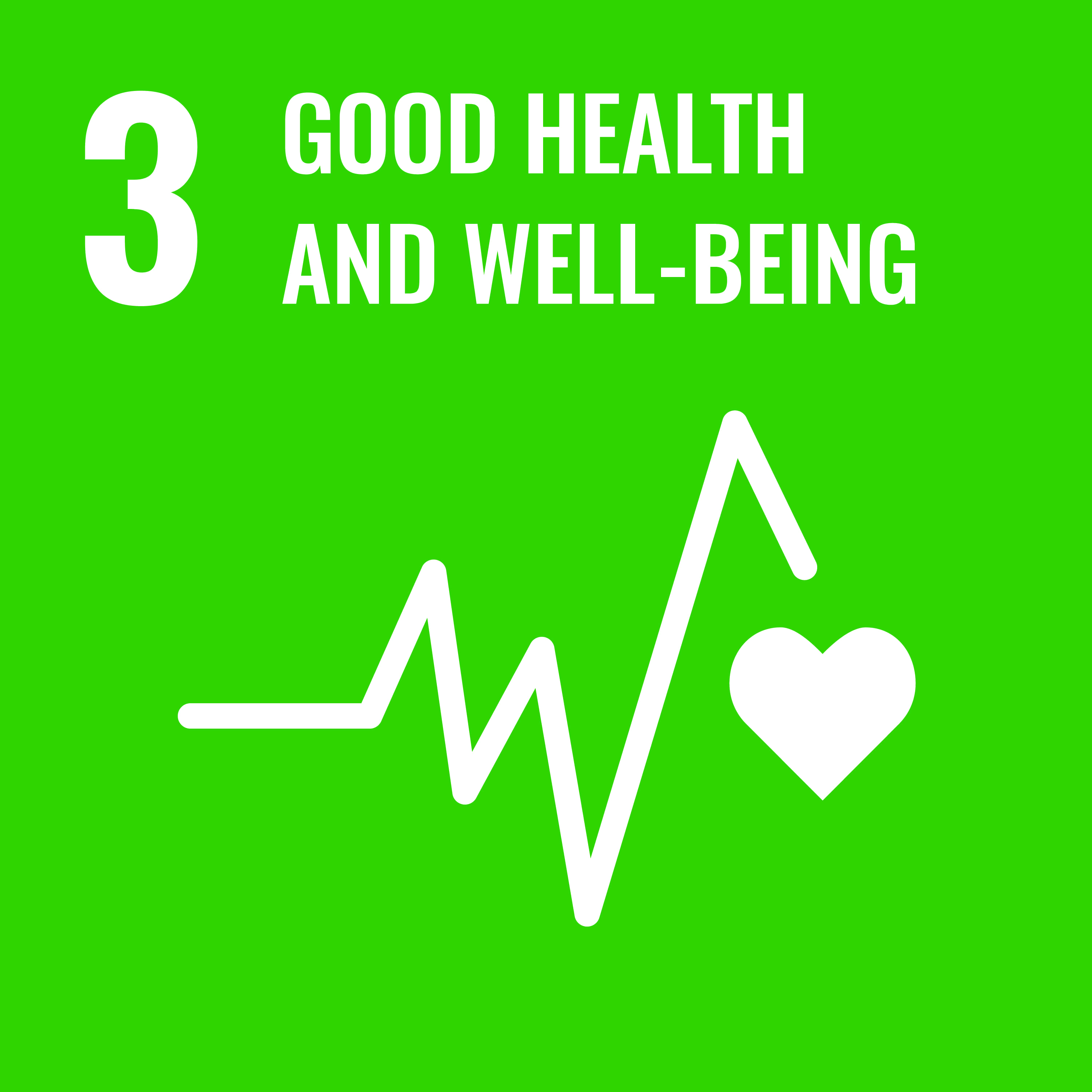
DT: VIKRAM WOOLLENS
Our CSR initiatives are carried out under the aegis of “The Aditya Birla Jan Seva Trust “. The Unit prepares the CSR plan for the year in line with the Group Social Vision. Our Social initiatives have a direct synergy with their business goals, and it is of strategic importance.
| Initiatives | Key Interventions | Impact |
|
Preventive Health Care Facilitated the immunization drive in collaboration with local Sub Health Centre Malanpur and surrounding villages |
Immunization camps in collaboration with the government programs |
Immunization of 1503 children
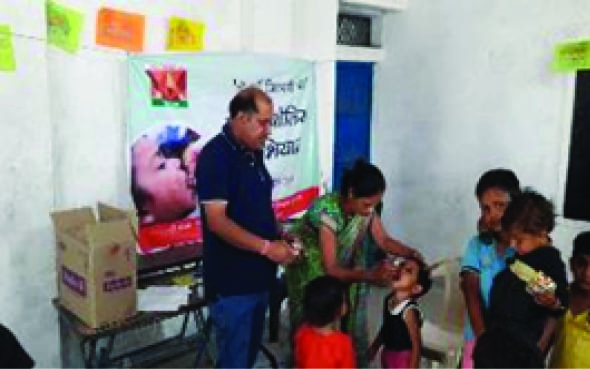
|
|
Community Health Centre Providing free medical consultation and basic medicines for the most deprived section of the community |
Running community health centre at Tilori village Malanpur, Singwari villages & Kasturba Gandhi Balika Vidyalaya (KGBV), Rithourakalan in collaboration with Family Planning Association of India (FPA India) Gwalior |
In the year 20219-20, 3128 patients were
treated at the community health centre
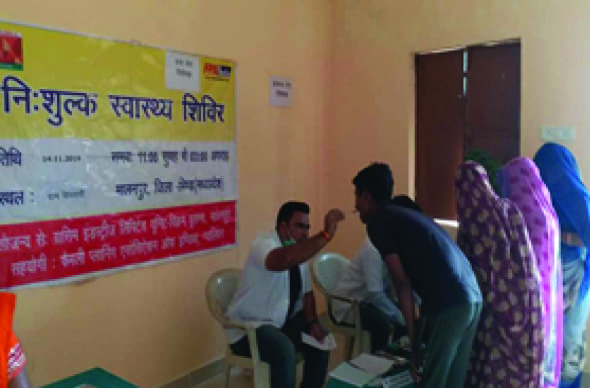
|
|
General Health Camp Providing services in general health, Ante and Post Natal services to the community members |
• Organized 10 Free Health
Check-up camps for the
community in Tilori, Malanpur,
Singwari villages & Kasturba
Gandhi Balika Vidyalaya
(KGBV), Rithourakalan in
collaboration with Family
Planning Association of India
(FPAI) • Engaged local Anganwadi & Asha Workers to increase the outreach of our Health Services |
Through health camps, we covered 3087
persons
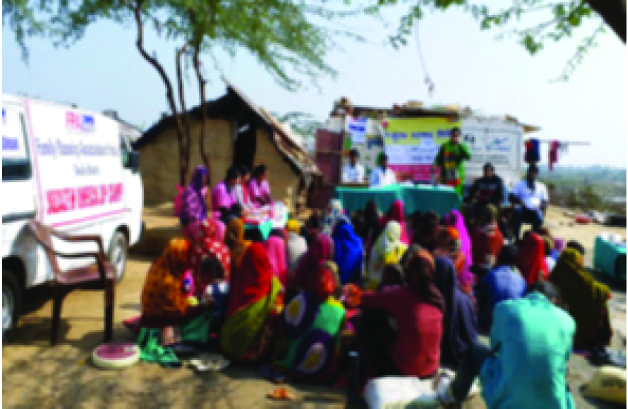
|
|
Blood Donation Camp Organised with a concept of #LETUSDOIT wherein employees volunteered to donate blood and contributed by giving back to the society |
Organized a Blood Donation Camp along with The Red Cross Society of India Gwalior Branch & Rotary Club Gwalior | Total of 41 units of blood was donated by employee volunteers |
|
Launched Ambulance services for
nearby villagers Access to healthcare |
• Collaboration & coordination with our NGO
partner (FPAI) • The inauguration was done at the Vikram Woollens premises at Malanpur |
The ambulance service will cater to the
needs of 25 villages
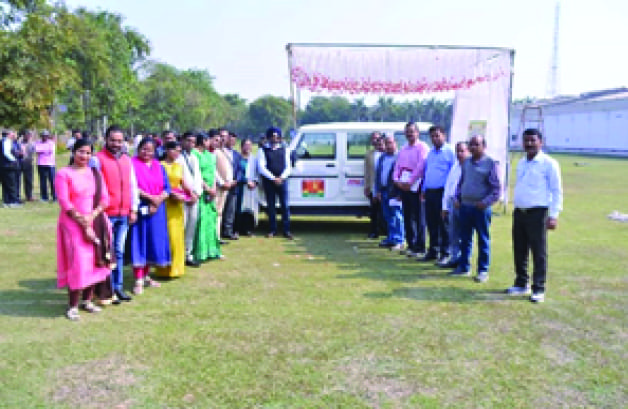
|
EDUCATION
Contribution to UNSDGs
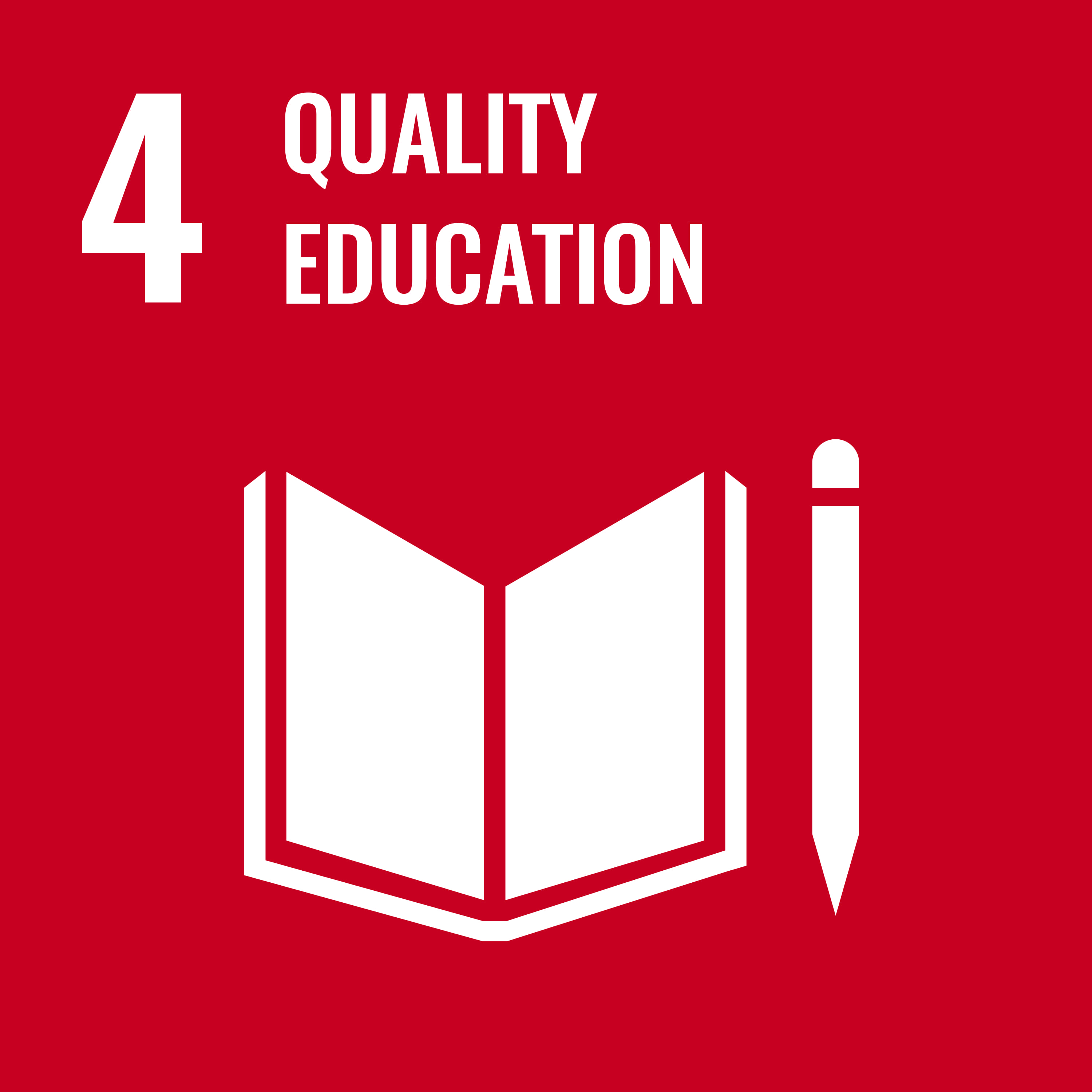
ACRYLIC FIBRE
We are involved in projects that foster education, healthcare, vocational training, sports and native festivals in the Provinces in which they operate. We engage with our local community through Aditya Birla Knowledge Foundation. Our CSR vision is to actively contribute to the social and economic development of the communities in which we operate. In so doing, build a better, sustainable way of life for the weaker sections of society and raise the country’s human development index.
| Initiatives | Key Interventions | Impact |
|
Educational Projects: Child adoption program offering scholarship money for village students |
BirlacrilTM works with schools near the plant by providing scholarship money to the local village |
Child adoption program offering scholarship
money for village students
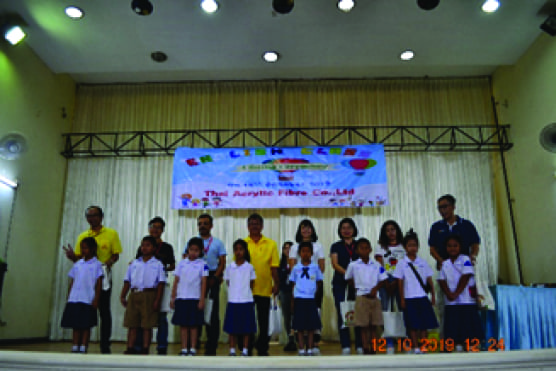
|
DOMESTIC TEXTILE
JAYA SHREE TEXTILES
| Initiatives | Key Interventions | Impact |
|
Gyanranjan Free specialized coaching class for mostly the class X, Class-XII students of the Government aided vernacular medium schools at Rishra & Barasat. |
Partnership with Galaxy Welfare Trust headed by one of the IIT Alumni |
100 students enrolled •100% of students passed Xth Result •100% of students passed XIIth Result •14 Students awarded Aditya Birla GYANARJAN Scholarships |
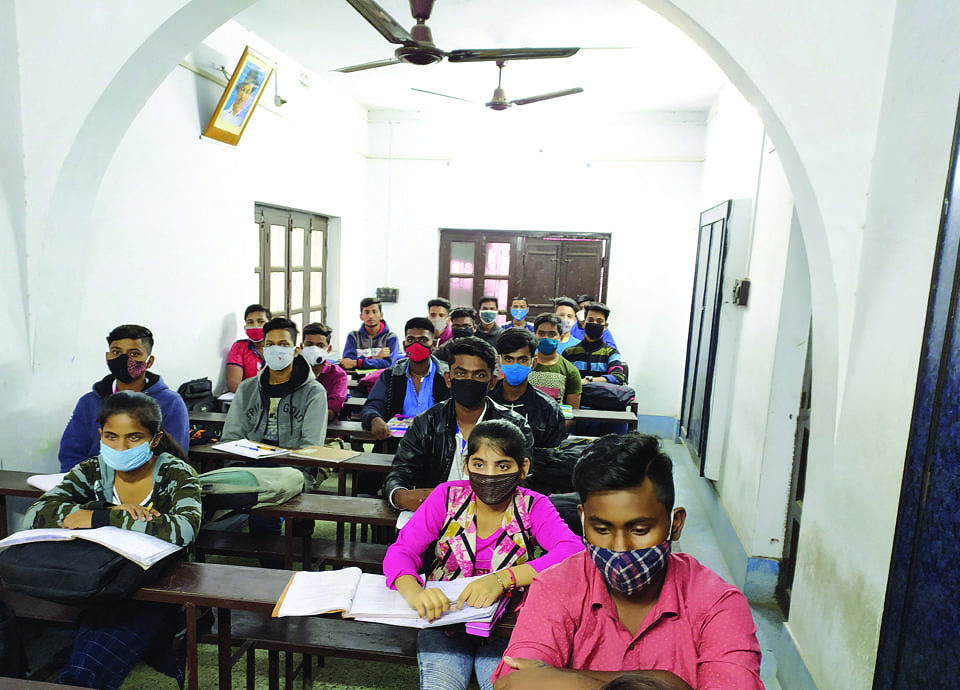
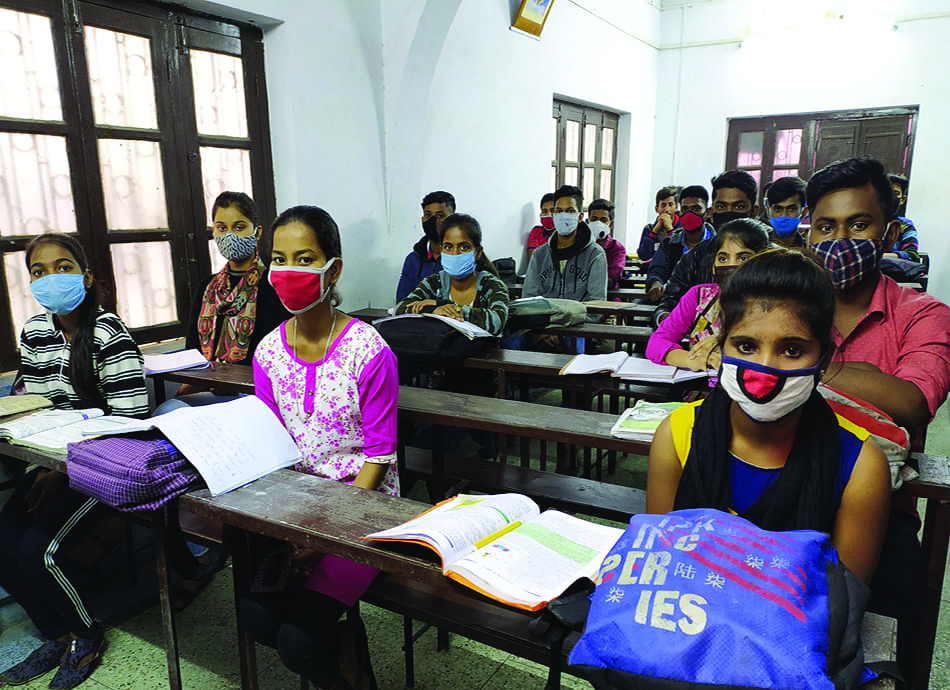
|
||
VIKRAM WOOLLENS
| Initiatives | Key Interventions | Impact |
|
Girl Child Education Providing support to Kasturba Gandhi Balika Vidyalaya (KGBV), Rithorakalan-dist. Morena, [MP] |
• Various initiatives including
a tailoring training centre and
Providing learning material, • Installing drinking water facility, and other infrastructure support to the school. |
The objective of our intervention at KGBV is to improve the learning environment of 150 girl students. |
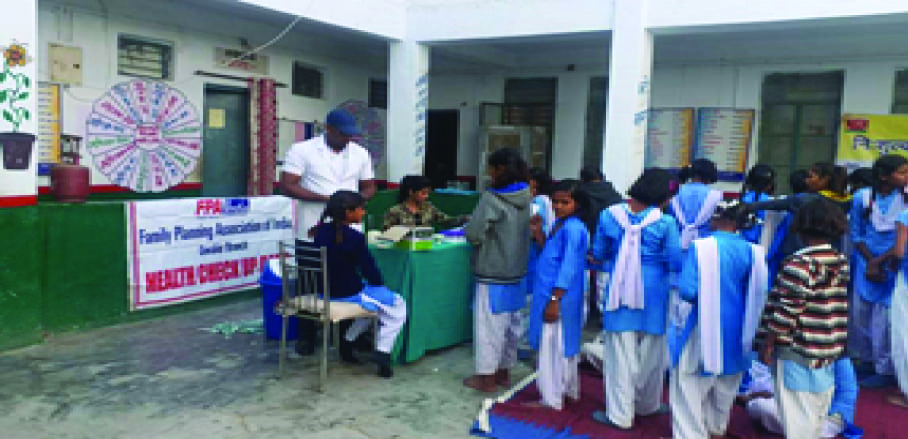
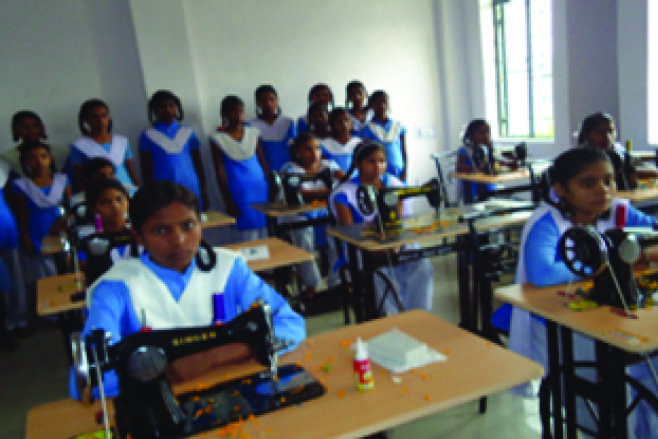
|
||
| School Infrastructure support Construction of two classrooms and one verandah in Primary school in Tilori village of Malanpur | Permission from the District Education department | Infrastructure will benefit all 240 students and their future generations. |
| OS: Indo-Thai Synthetics | ||
| Sponsoring and Participating in the National Children day At Chiengraknoi Municipality Office | Distribute and sponsor the national Children day 2020 activity with Chiengraknoi Municipality | Building relationship with local authority and community |
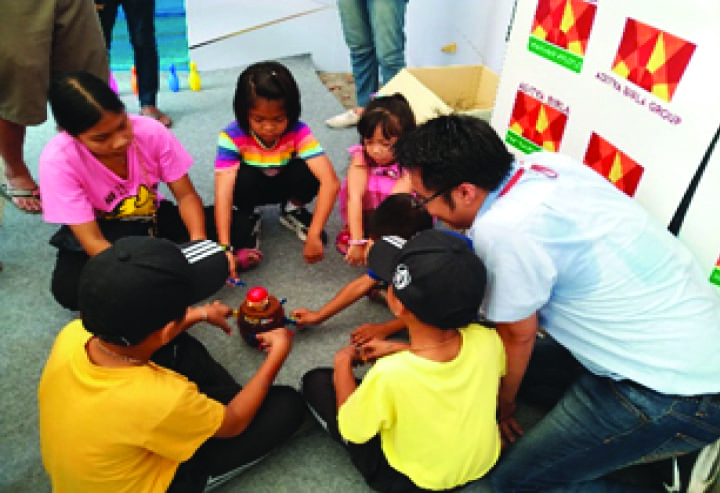
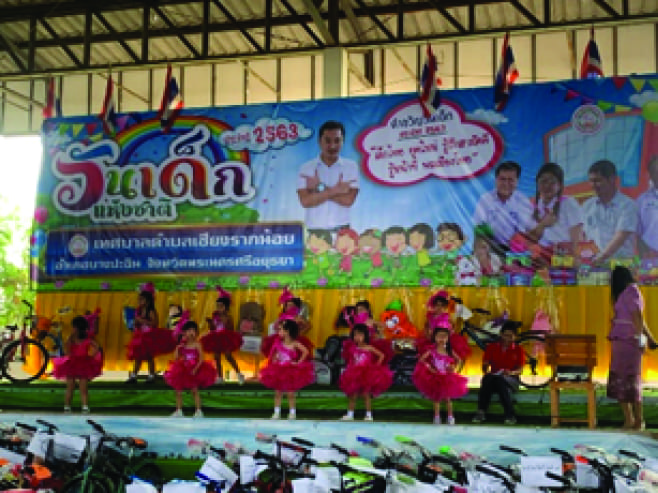
|
||
| OS: PT Elegant Textile Industry | ||
| Giving books & stationary to primary school at nearby PTE 264 packet books & stationary to SDN Kembang kuning 03 and 203 packet books & stationary to SDN Kembang Kuning |
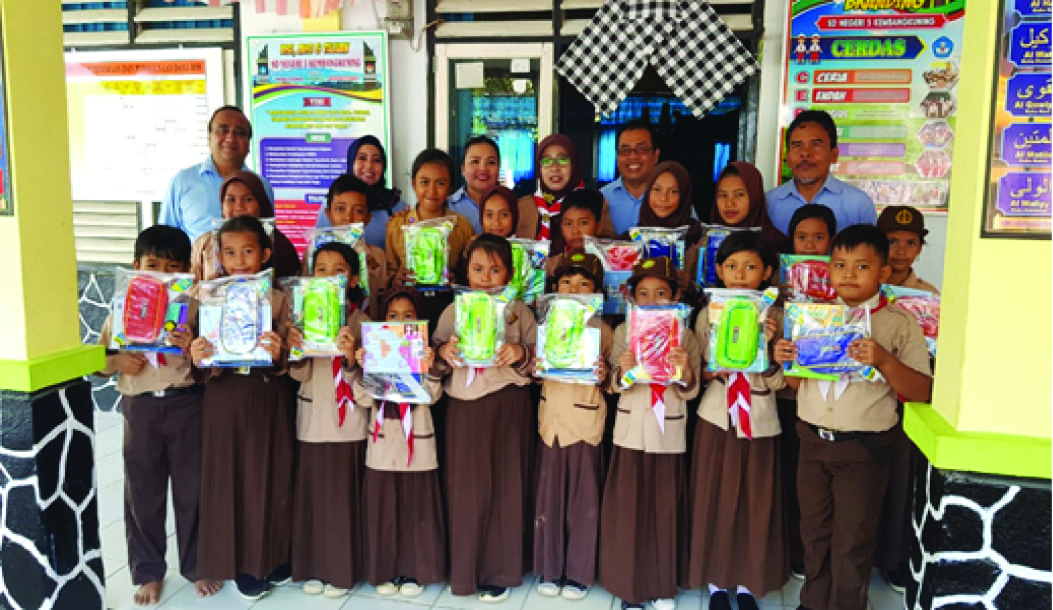
|
|
SUSTAINABLE LIVELIHOODS
Contribution to UNSDGs

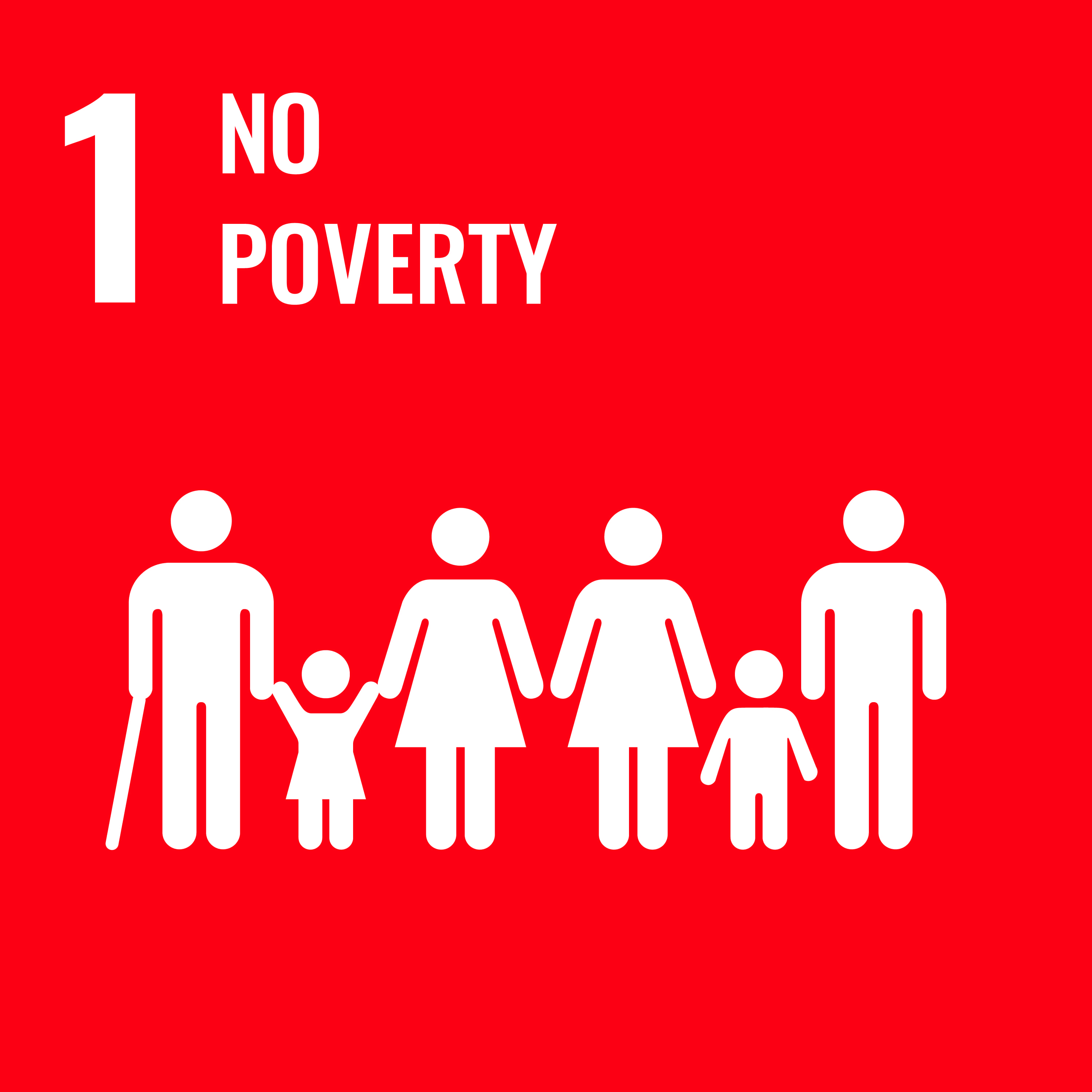
DOMESTIC TEXTILES
JAYA SHREE TEXTILES
| Project Kaushalya The free Skill training centre for Youth | |
| We provide short term vocational training courses, in industrial skill sets to the college dropouts and unemployed youths and enhancing their employability. We also provide them with placement opportunities with suitable employers or inspire them to be entrepreneurs. The skills are certified by the National Skill Development Council (NSDC). |
Impact
During the FY 2019-20, we have • 200 Total Number of youths certified • 133 Total Number of Youths placed • 74% Placement Percentage • 1 Job Fair conducted 4,0777 students trained till FY 2019-20 |
|
Key Components Developed • In 2014, 2 KAUSHALYA centres were established at Rishra & Barasat in collaboration with CII and ICA respectively. • In 2015 one more KAUSHALYA centre was established in collaboration with the ICA Eduskliis Ltd at the Regent Garment Park of Barasat on Sewing Machine Operator. • We collaborated with LabourNet Services India Private Limited to establish Training centres to provide free training and placements to the selected tout. |
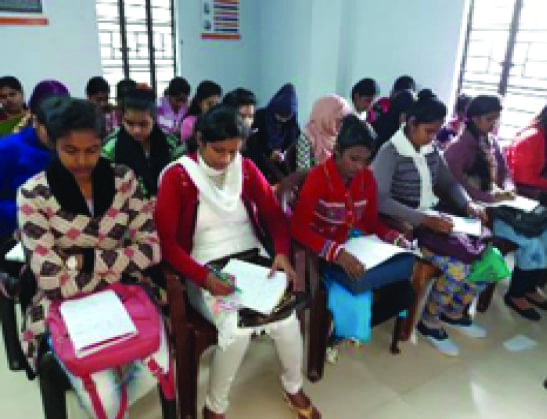
|
|
Key Interventions The centres trained youths in Retail Sales, Electrical Wiring, BPO, garments and Beauty & Hair Care. |
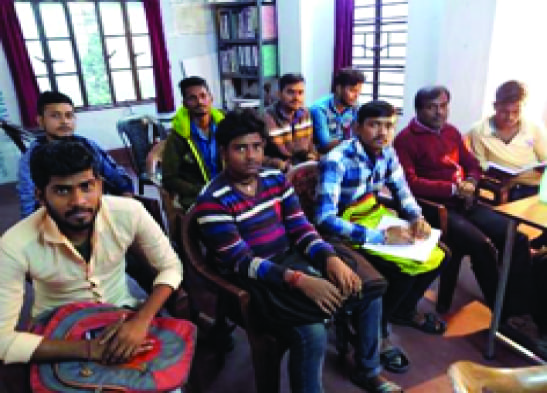
|
| Project Anya Empowering and training underprivileged women to create sustainable livelihood | |
|
• In Project “Anya” project we train underprivileged
women to make jute bags so that they can generate
regular and sustained income • Tailoring training centre under Project ANYA in Singwari village |
Impact
Jaya Shree Textiles, Rishra During the FY 2019-20, • 7.50 Lacs Total Budget • 30 women enrolled • 26 women working • 25- 30 thousand monthly production of jute bags • Approx 3500 – 4000 monthly income generated by women |
|
Key Components Developed Identification of a master trainer. Establishment of machines along with proper setup for the production general training |
Vikram Woolens The Centre was shifted to Singwari village after covering women members from Tilori and nearby villages. |
|
Key Interventions • Regular Training sessions • Investment by vendors in acquiring raw material for the women. • Market linkage established for ensuring sustainable livelihood. • The vendor further buys the finished product, print or dye the same and sell the product to Aditya Birla Retail Ltd. |
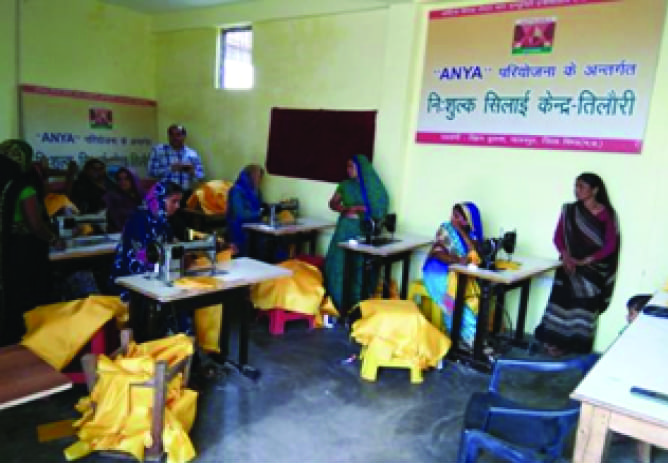
|
|
Tailoring Training Centre
Providing Sustainable livelihood |
|

|
|
| OS: Indo-Thai Synthetics | ||
| Sponsoring the differently-abled people to open shop at factory | Invite the differently abled people to open the shop at Company | Enabling differently-abled people as entrepreneur and building brand image of the company. |
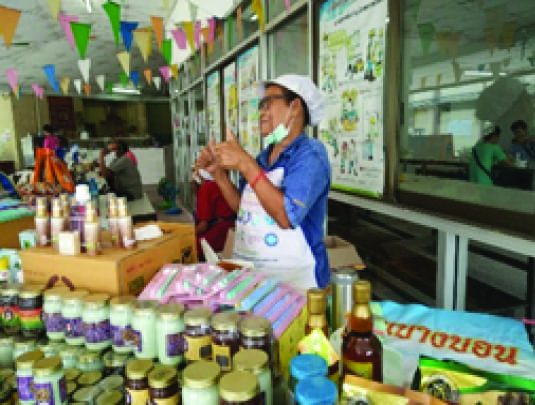
|
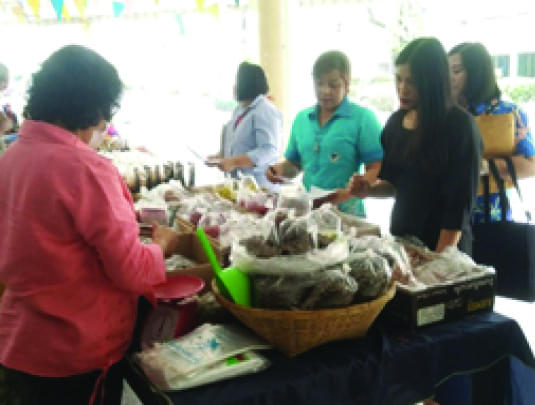
|
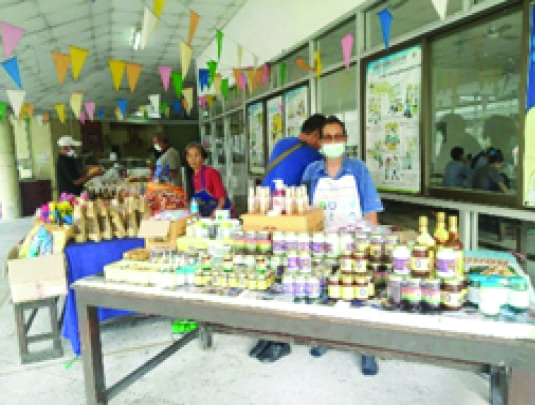
|
SOCIAL WELFARE
Contribution to UNSDGs

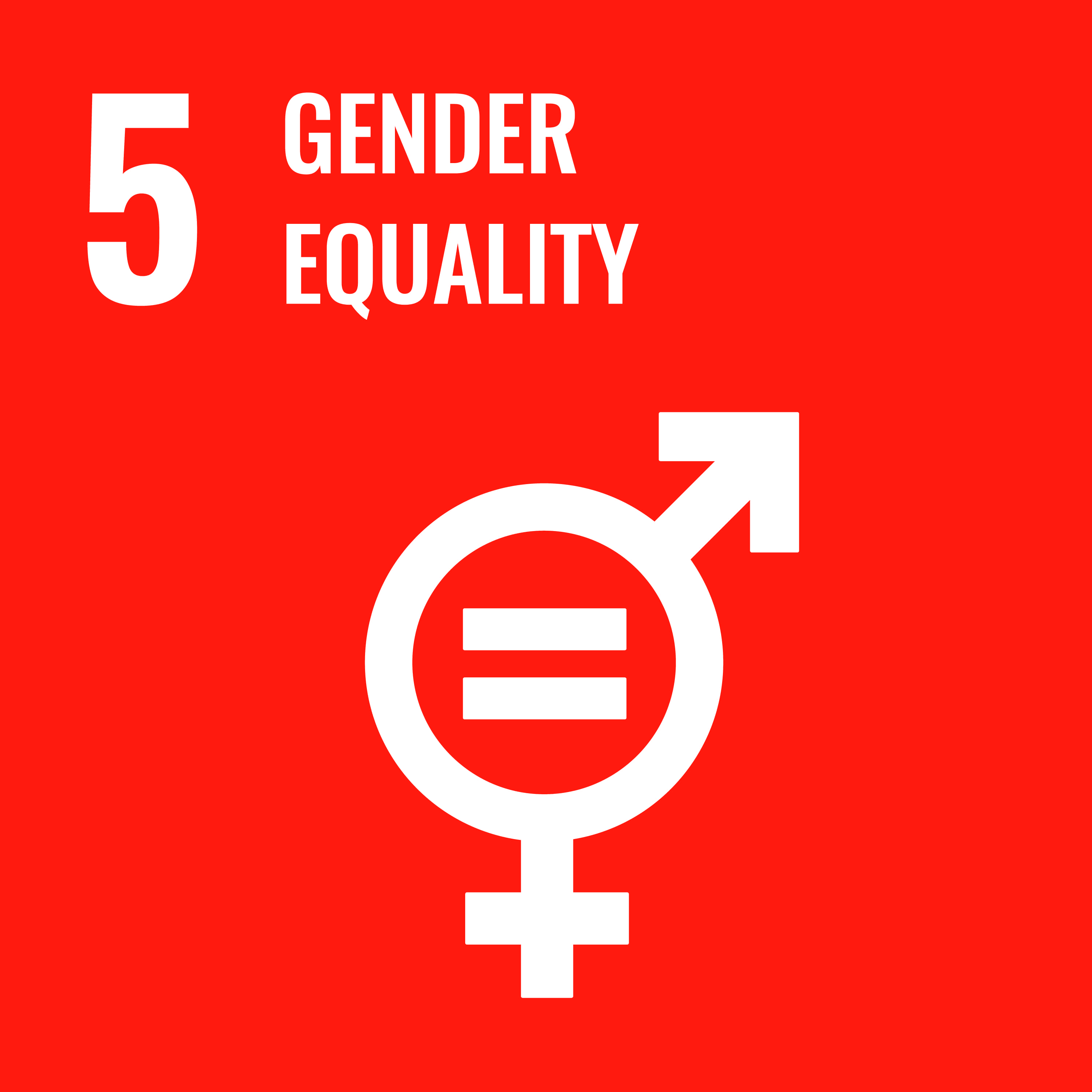
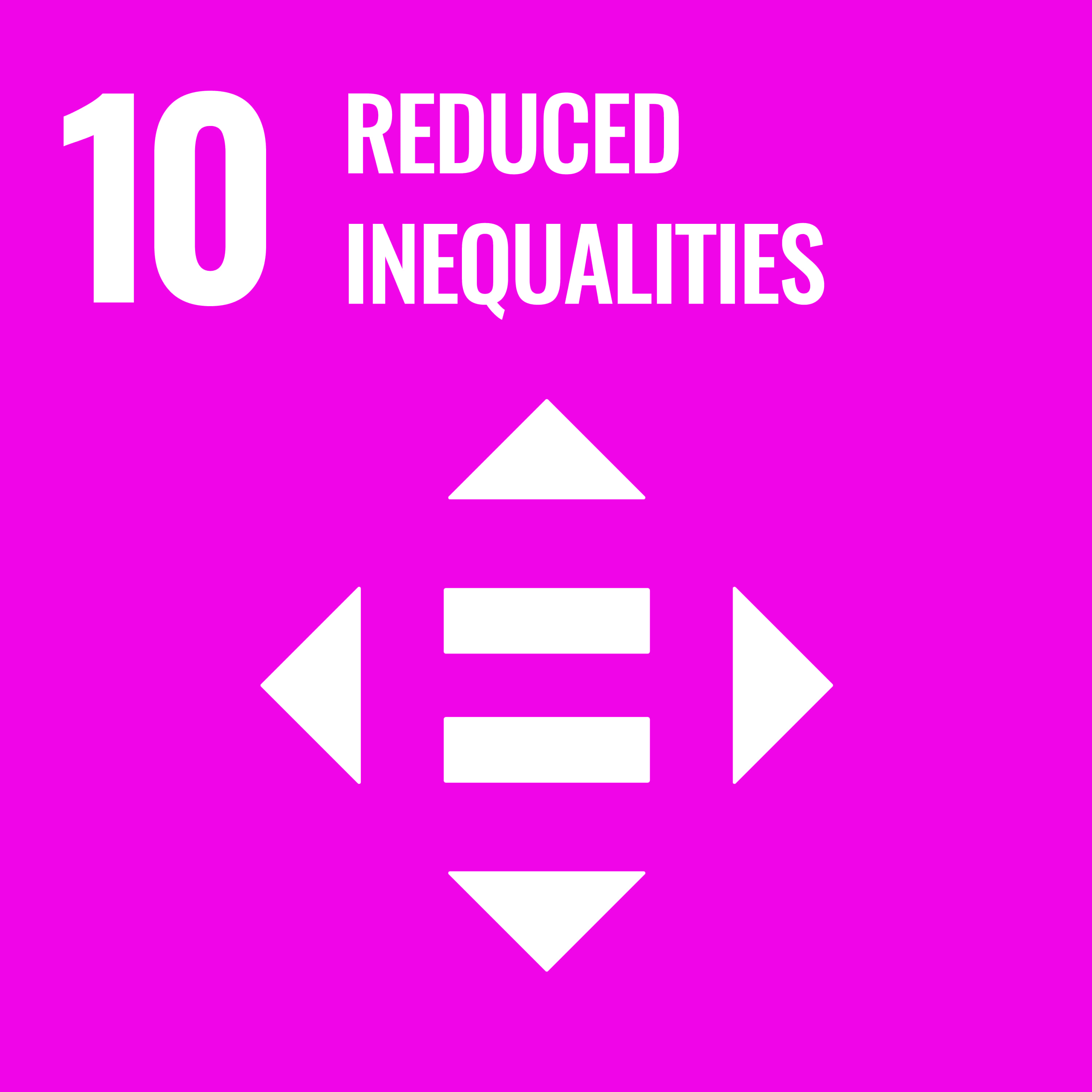
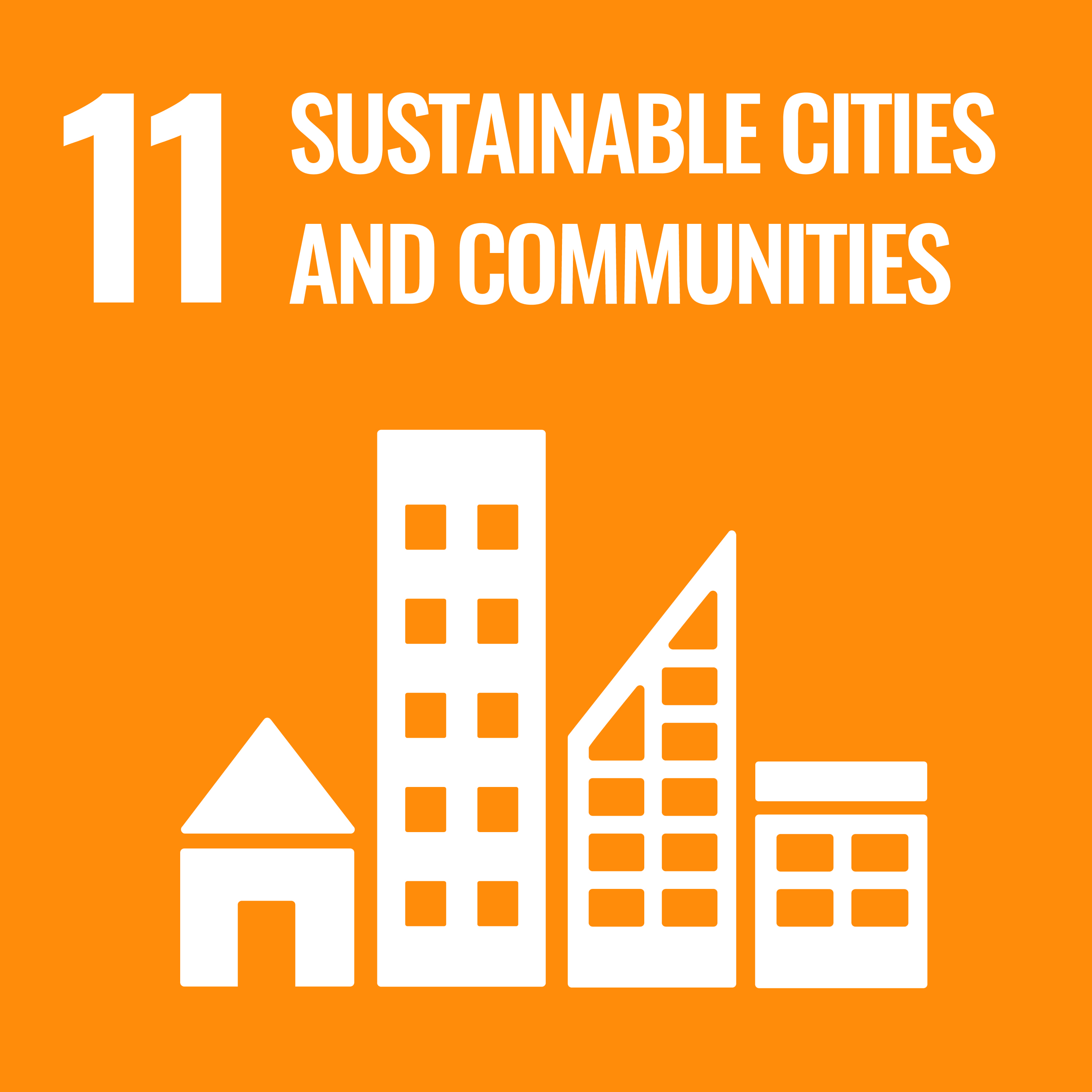
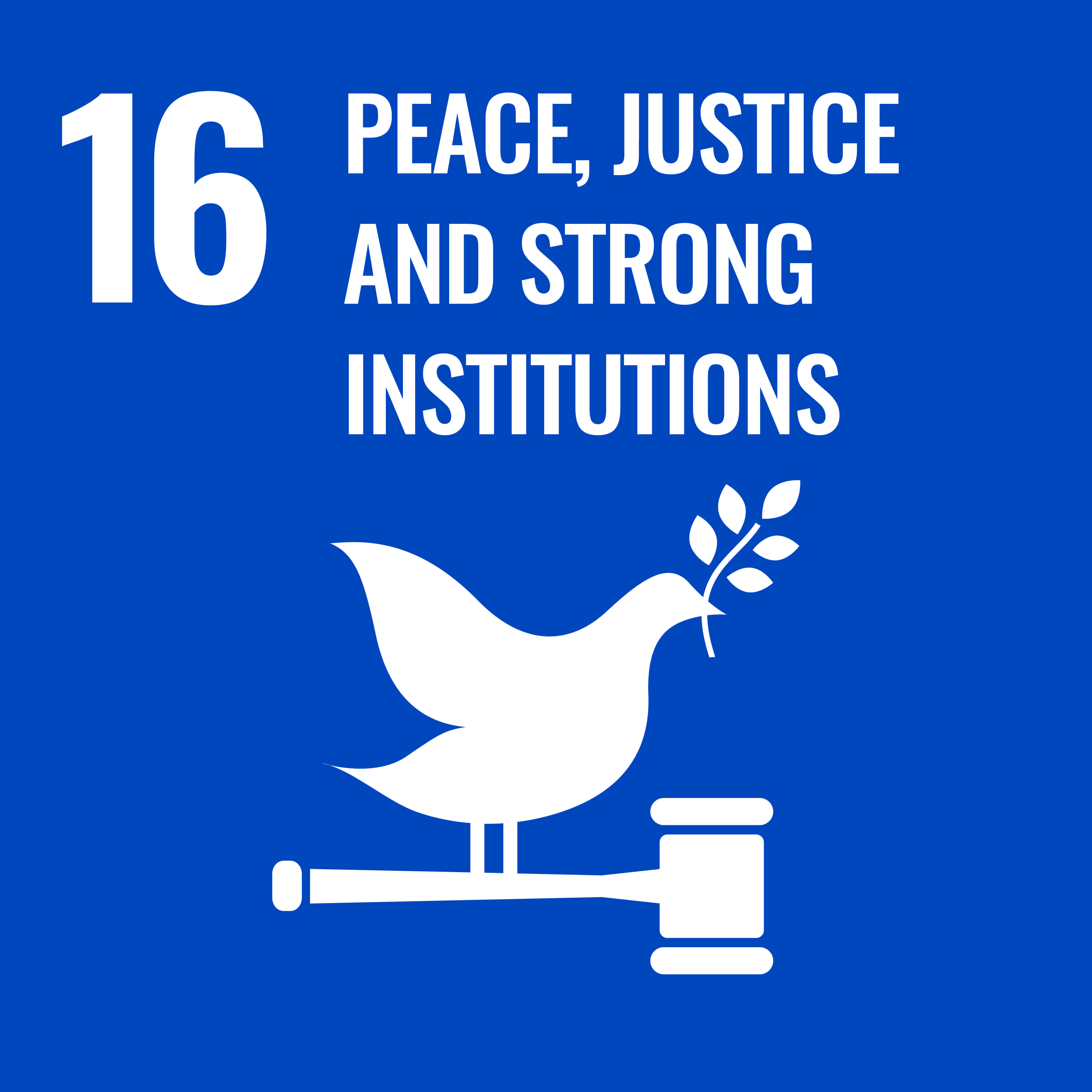
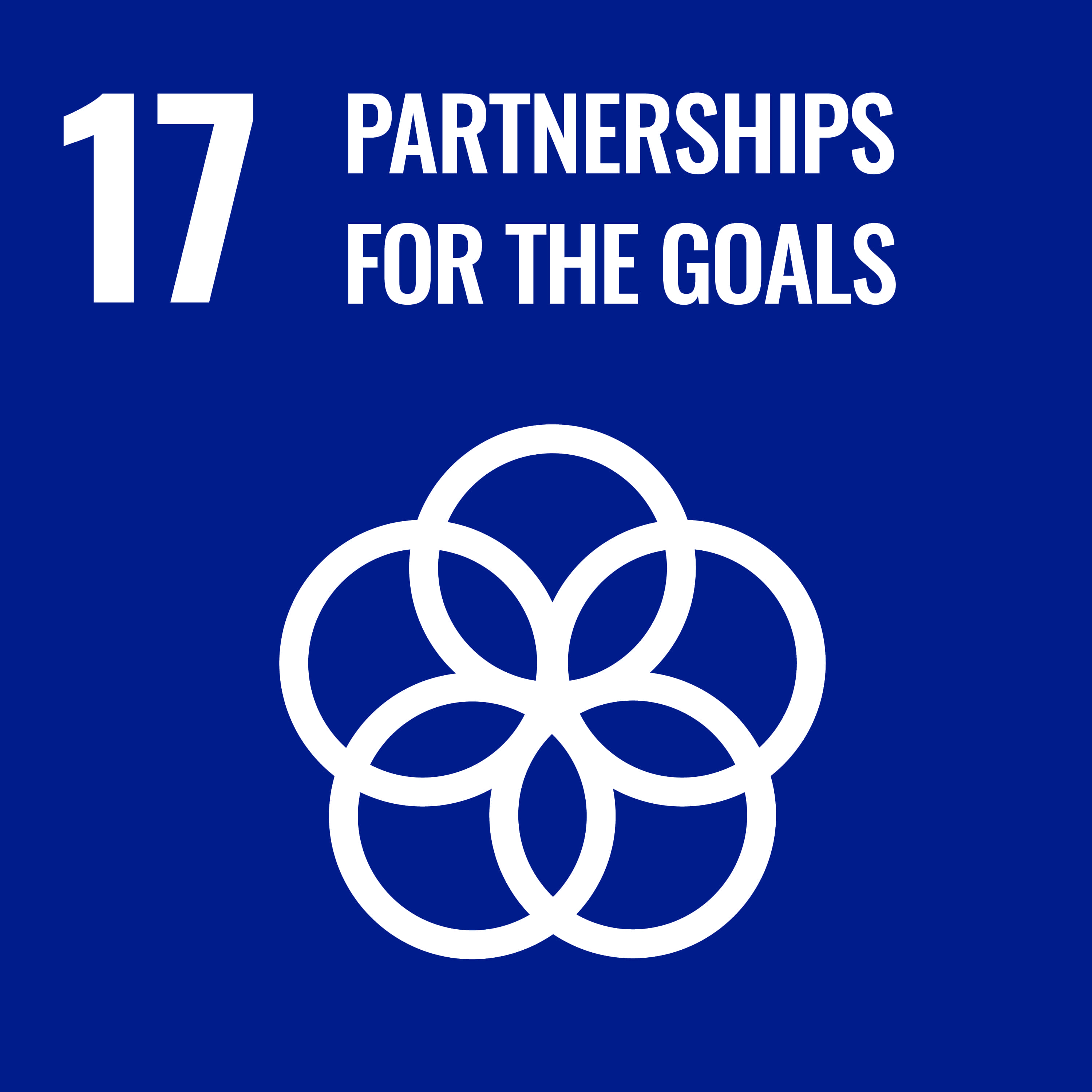
| Vikram woollens | ||
| Wall Painting | Wall Paintings as communication and awareness on sanitation, environment protection, girl child education Celebration the World Environment Day and mass awareness rally organized by the school children. | |
| Supporting to migrant workers in aftermath of COVID 19 Pandemic | Provided 2000kg (02 ton) pulses to the local administration. | Short term support to migrant workers |
OS: PT SUNRISE BUMI TEXTILES
Hari Raya contribution to the local community
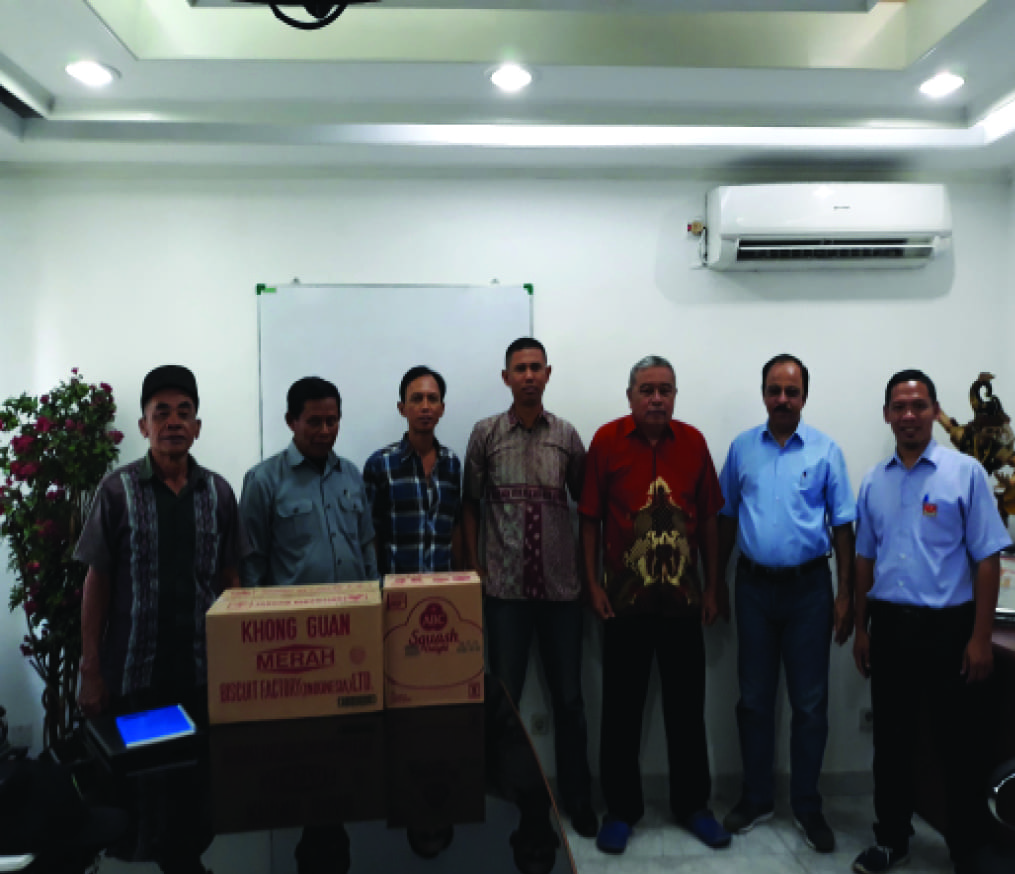
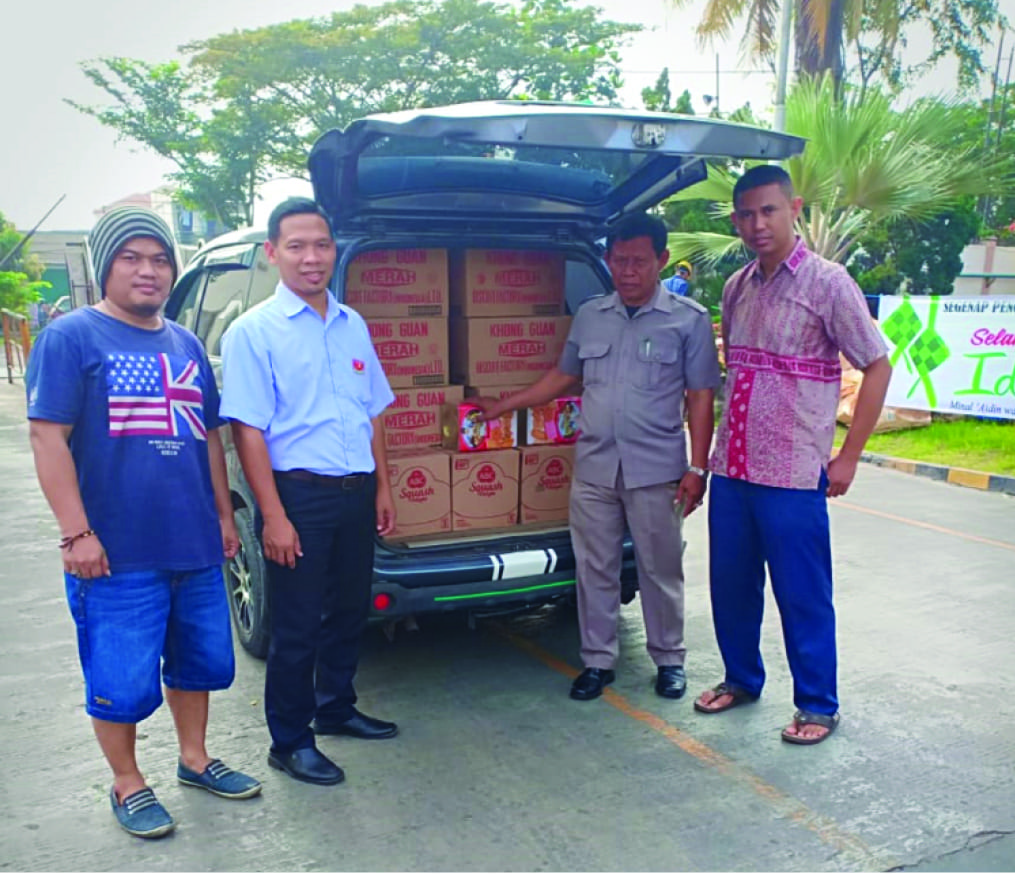
Providing instant noodles to flood victims around the company
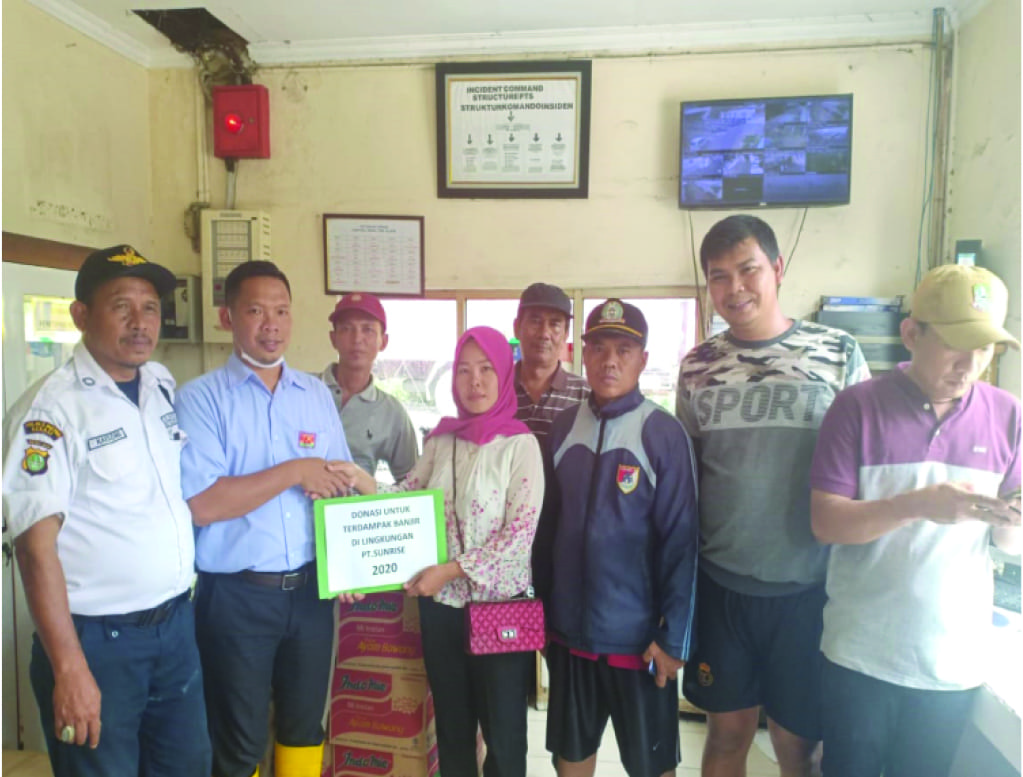
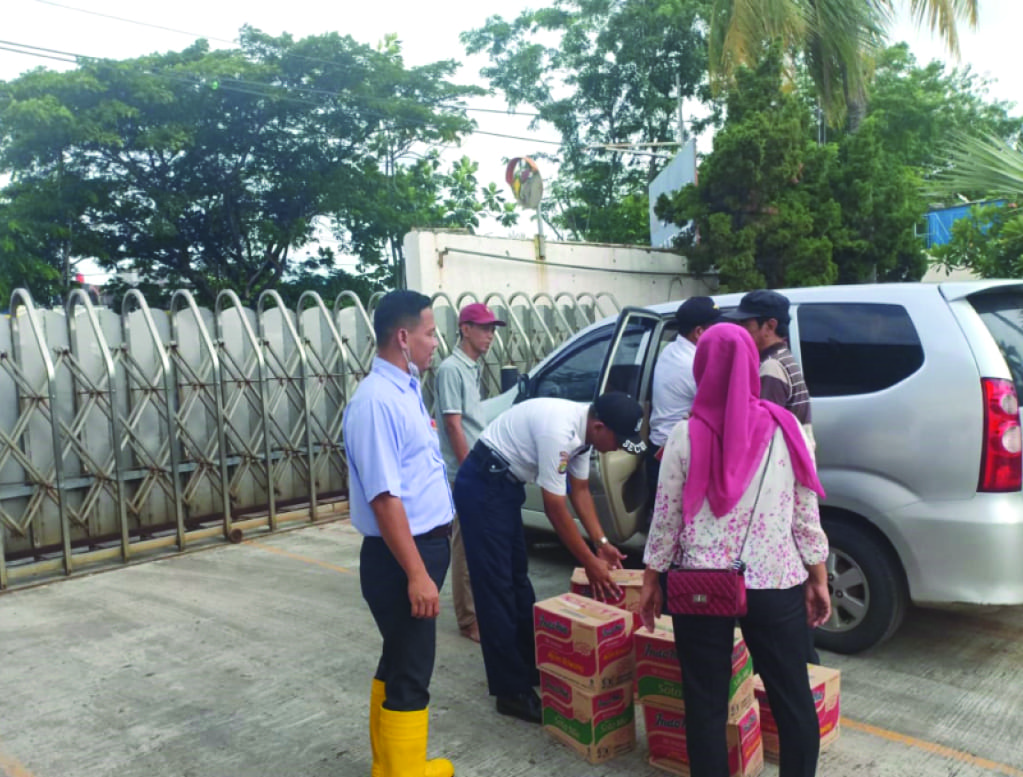
Providing tent and chairs for local community
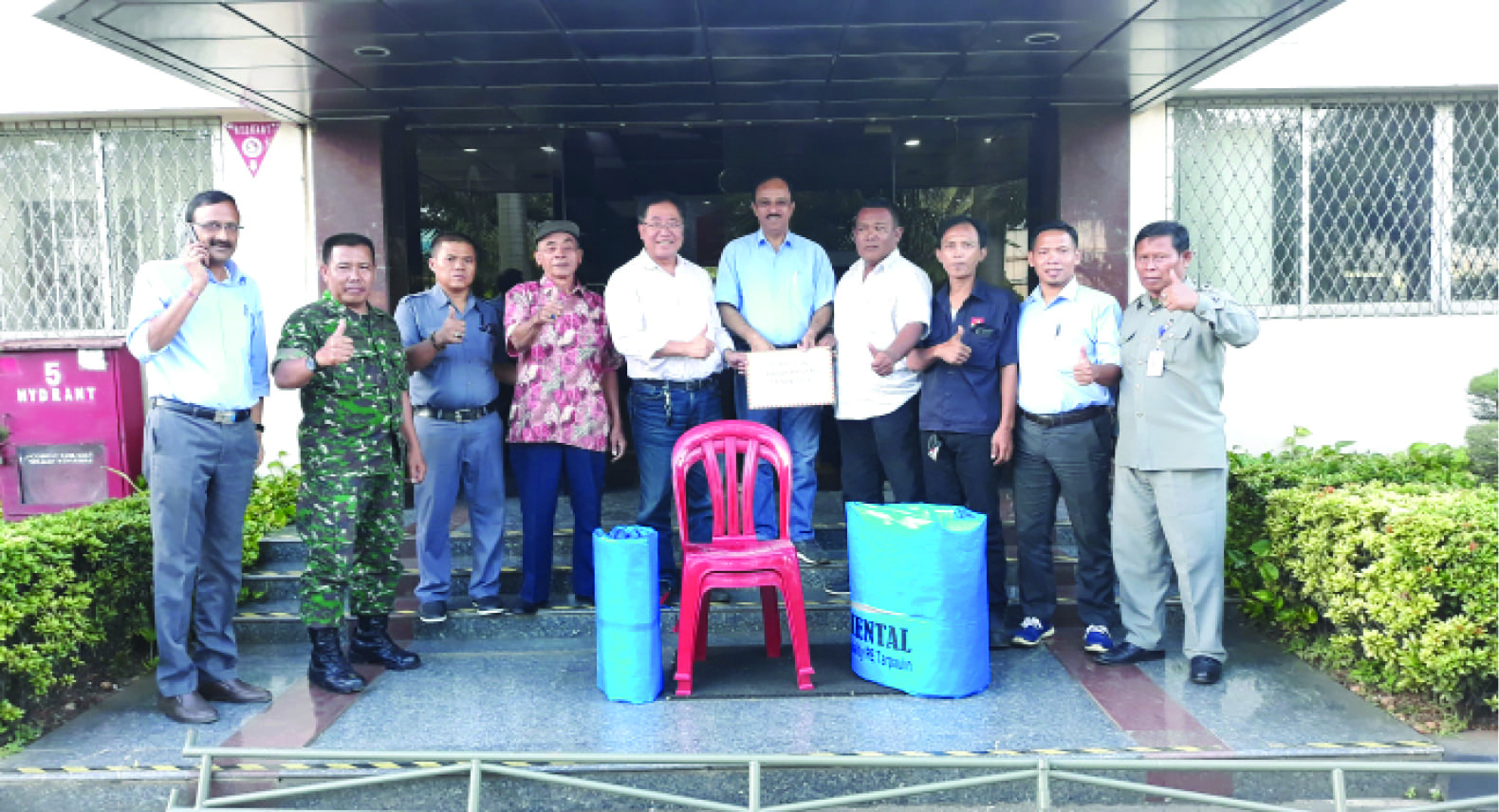
OS: PT INDO LIBERTY
Bintang Alam village- Teluk Jambe: Giving 10 blocks of cement for the construction of the gate Bintang Alam Village – 16 July 2019
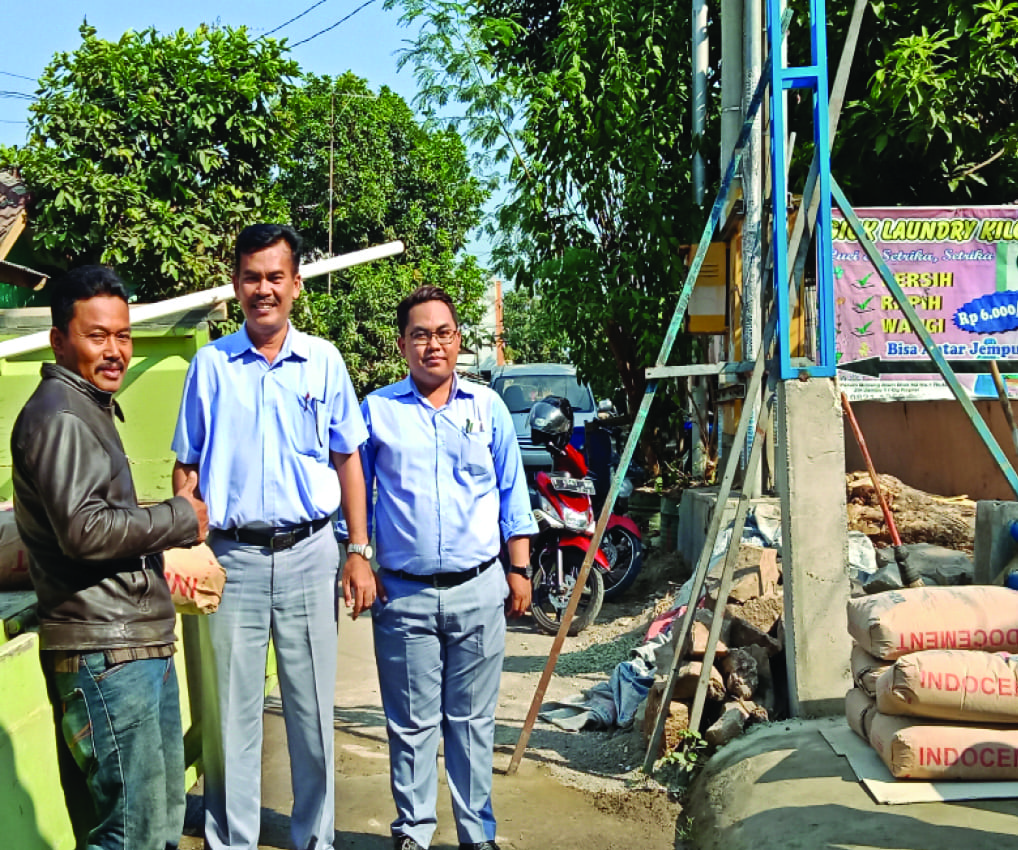
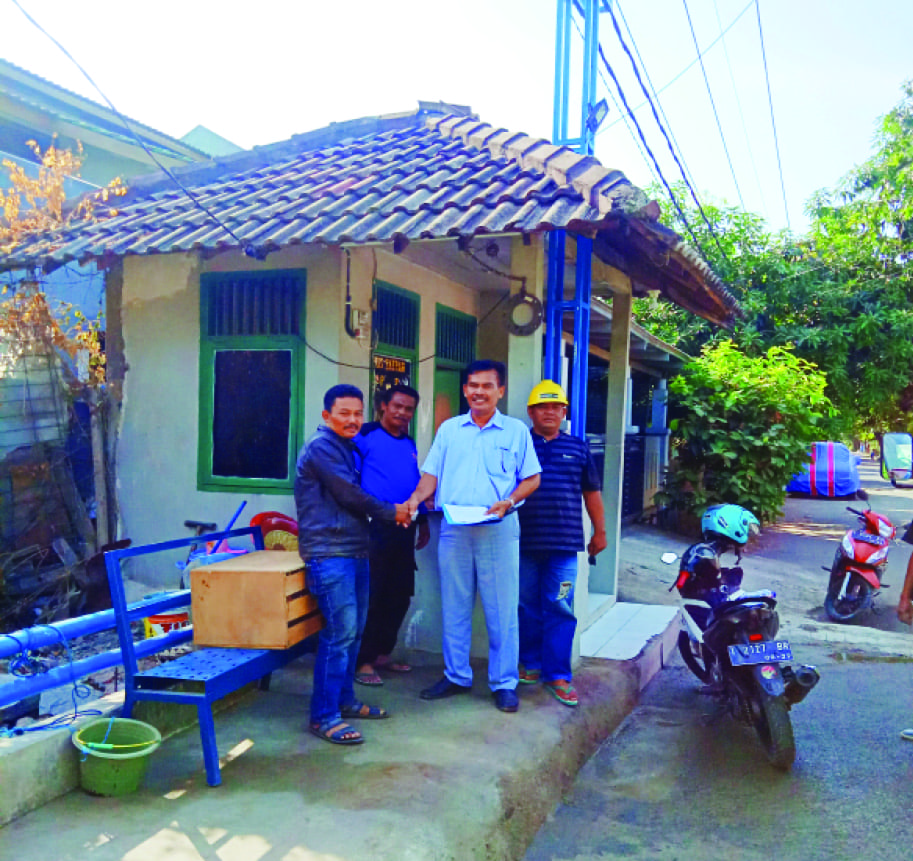
Assisting the Mosque Jami’ Nurul Iman
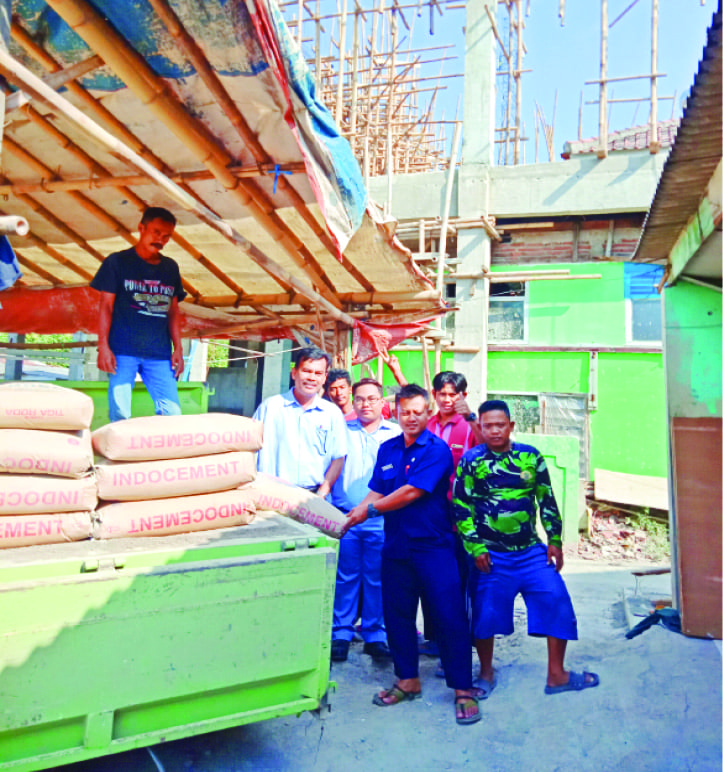
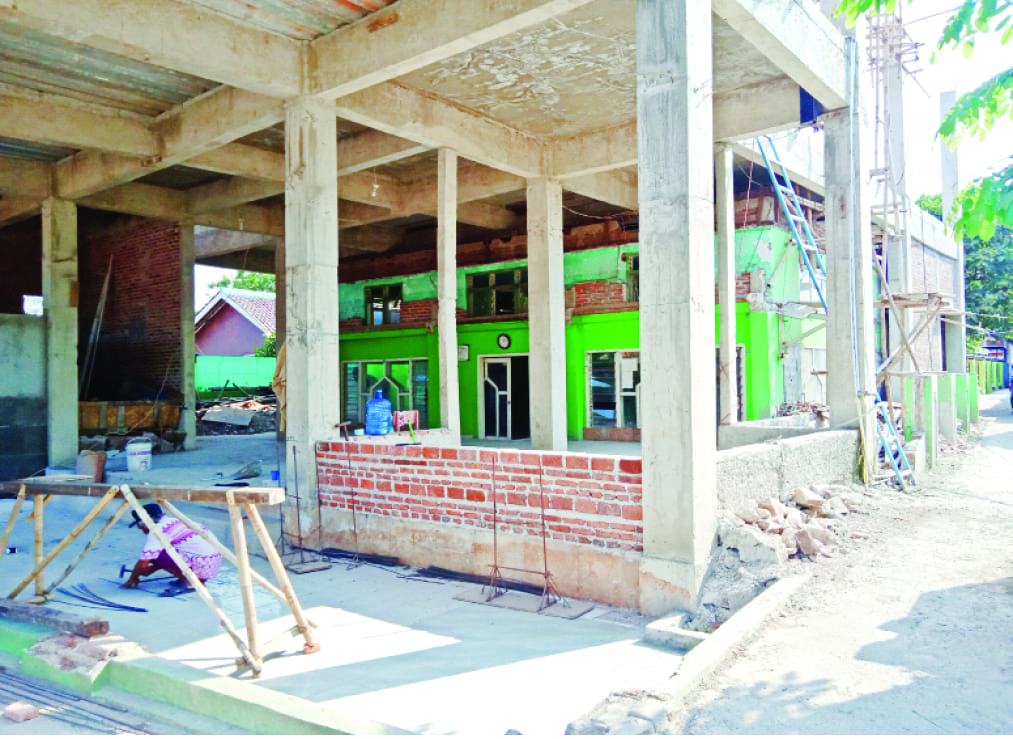
Providing groceries (noodles, rice, cooking oil, bread, baby diapers) to flood victims around the company of ILT.
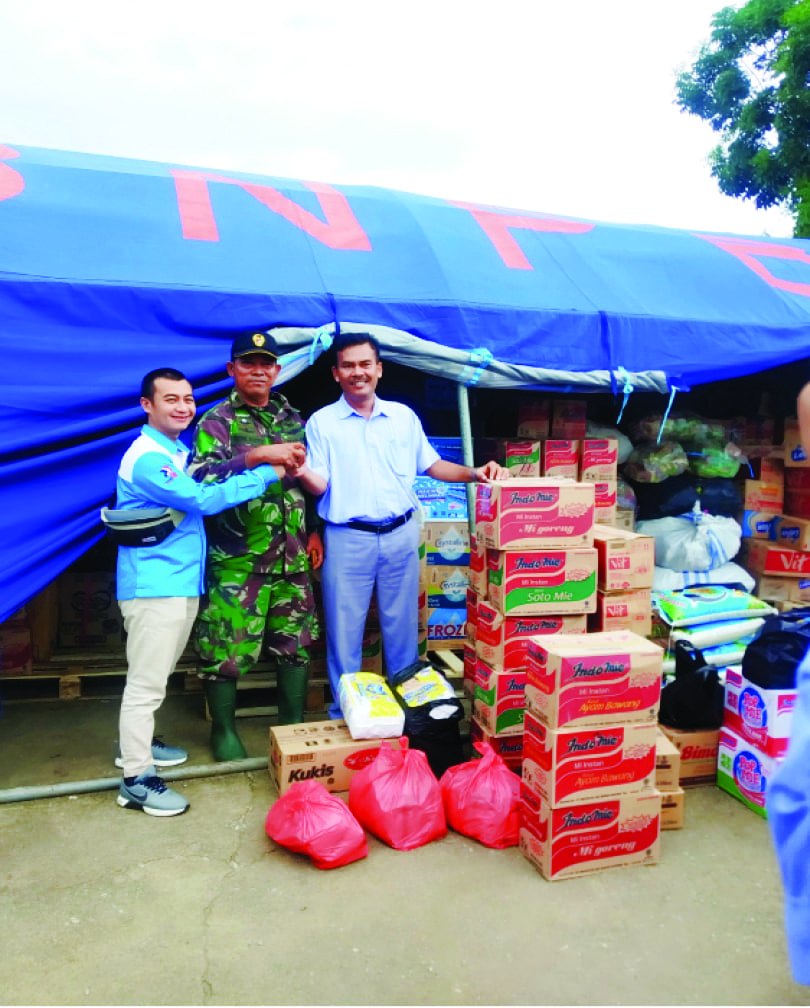
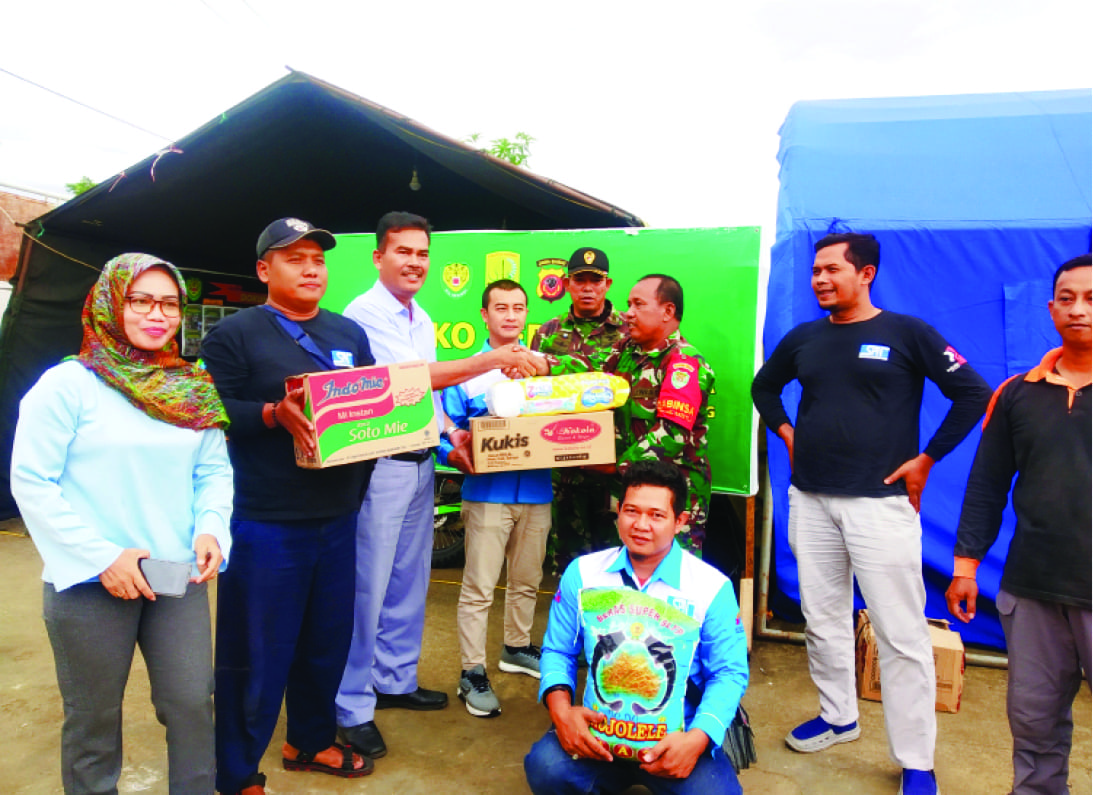
OS: PT ELEGANT TEXTILE
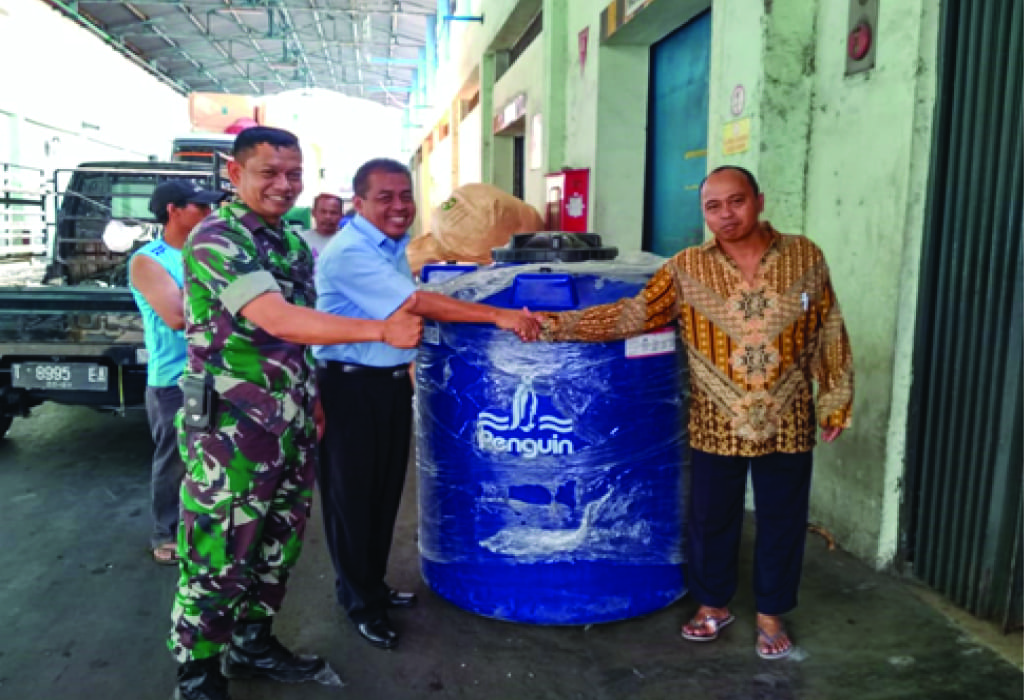
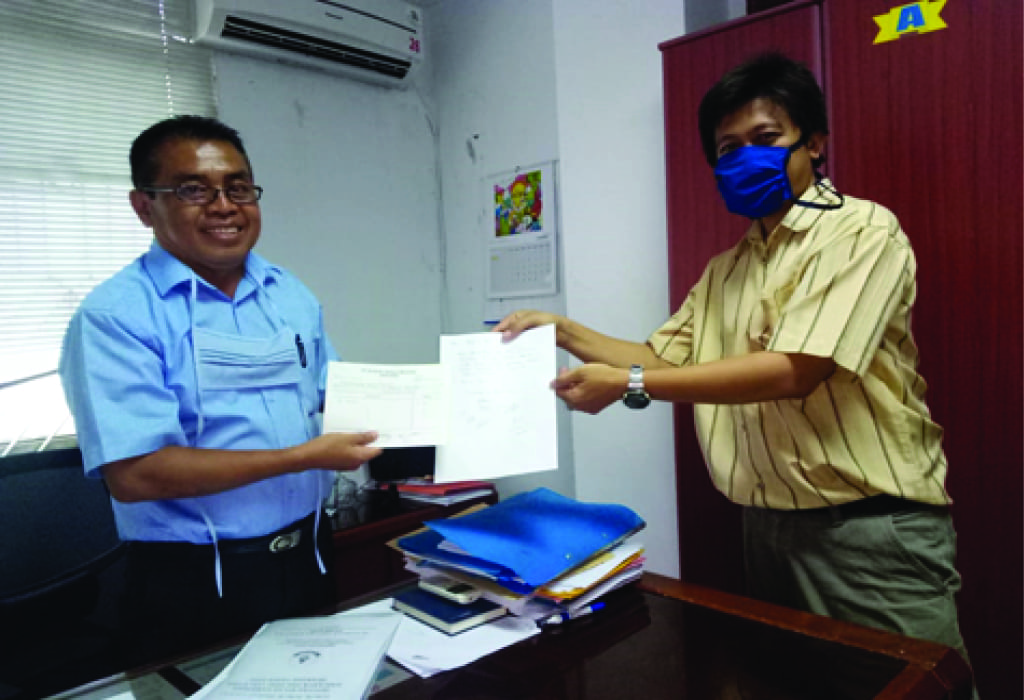
OS: INDO-THAI SYNTHETICS
| Providing food to the employees in self-quarantine at home | Foods distribution to employee | Employee Welfare |

SOCIAL WELFARE
Contribution to UNSDGs
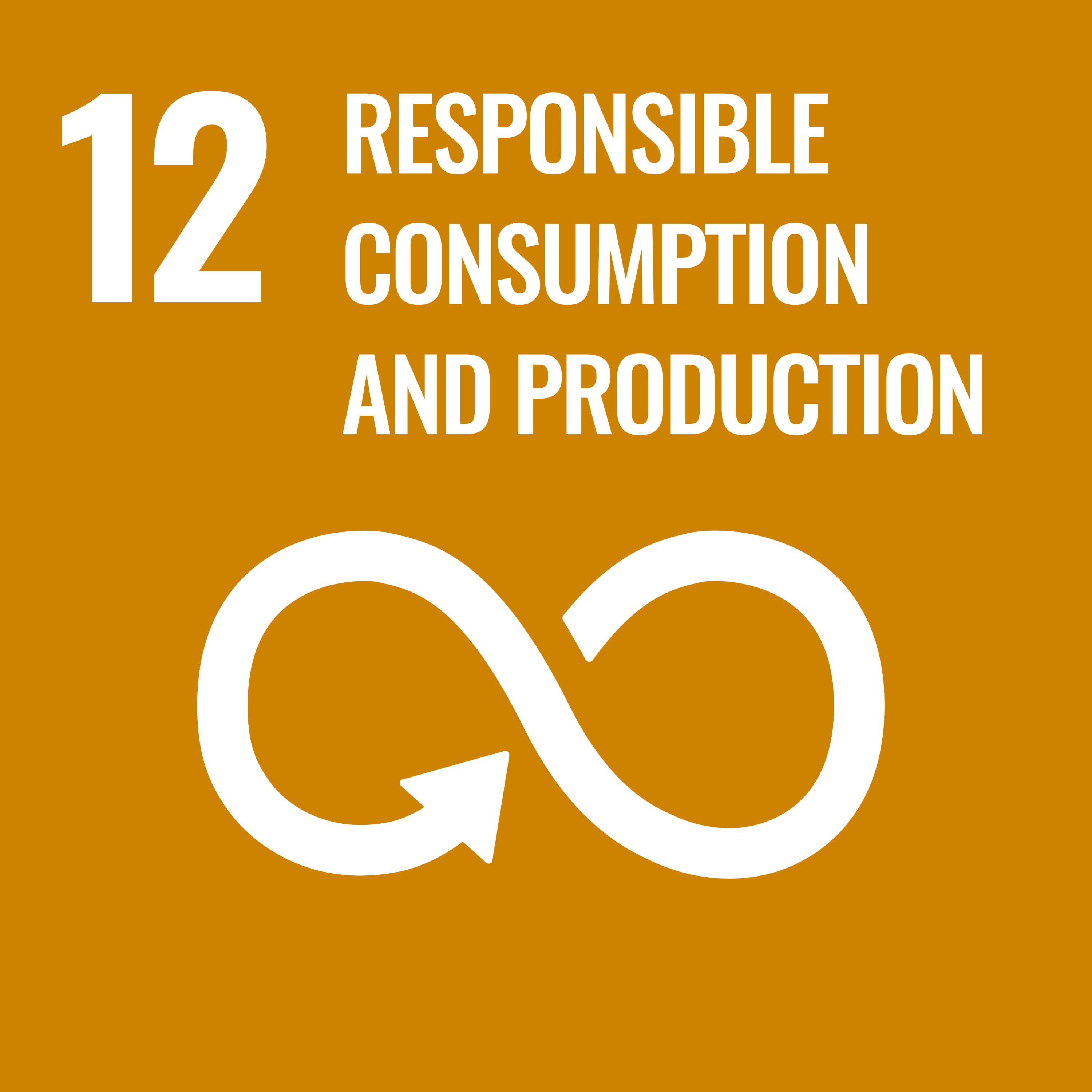
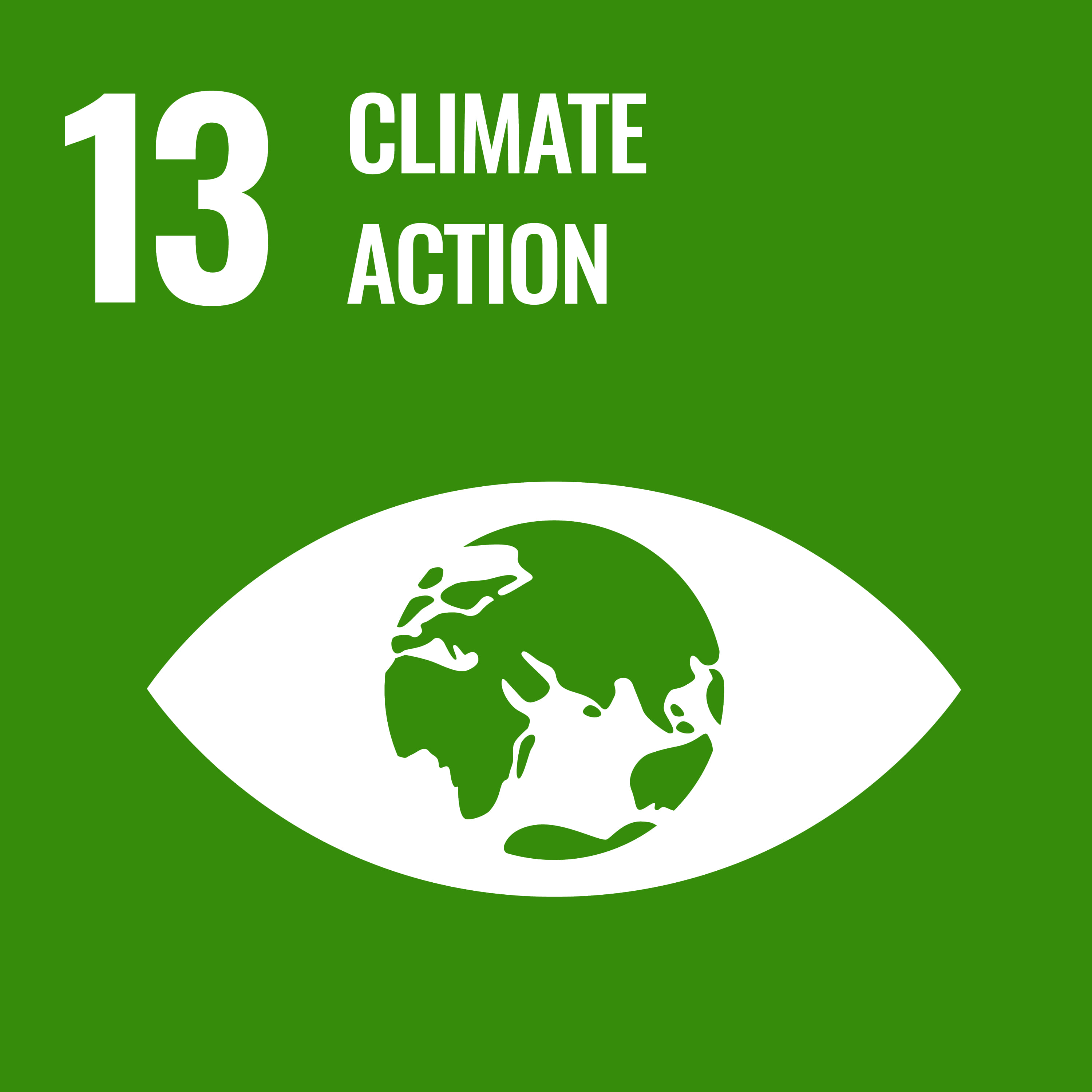
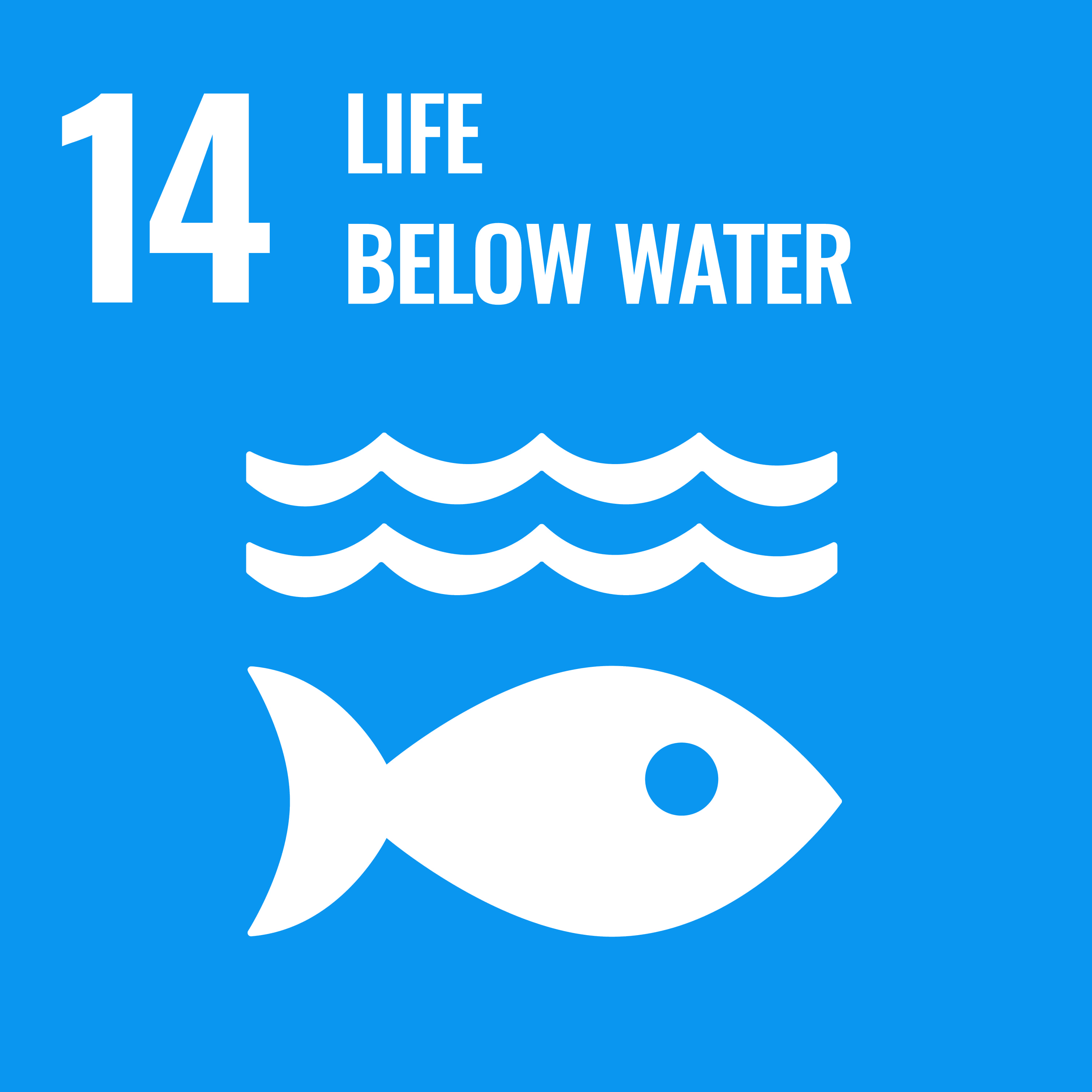
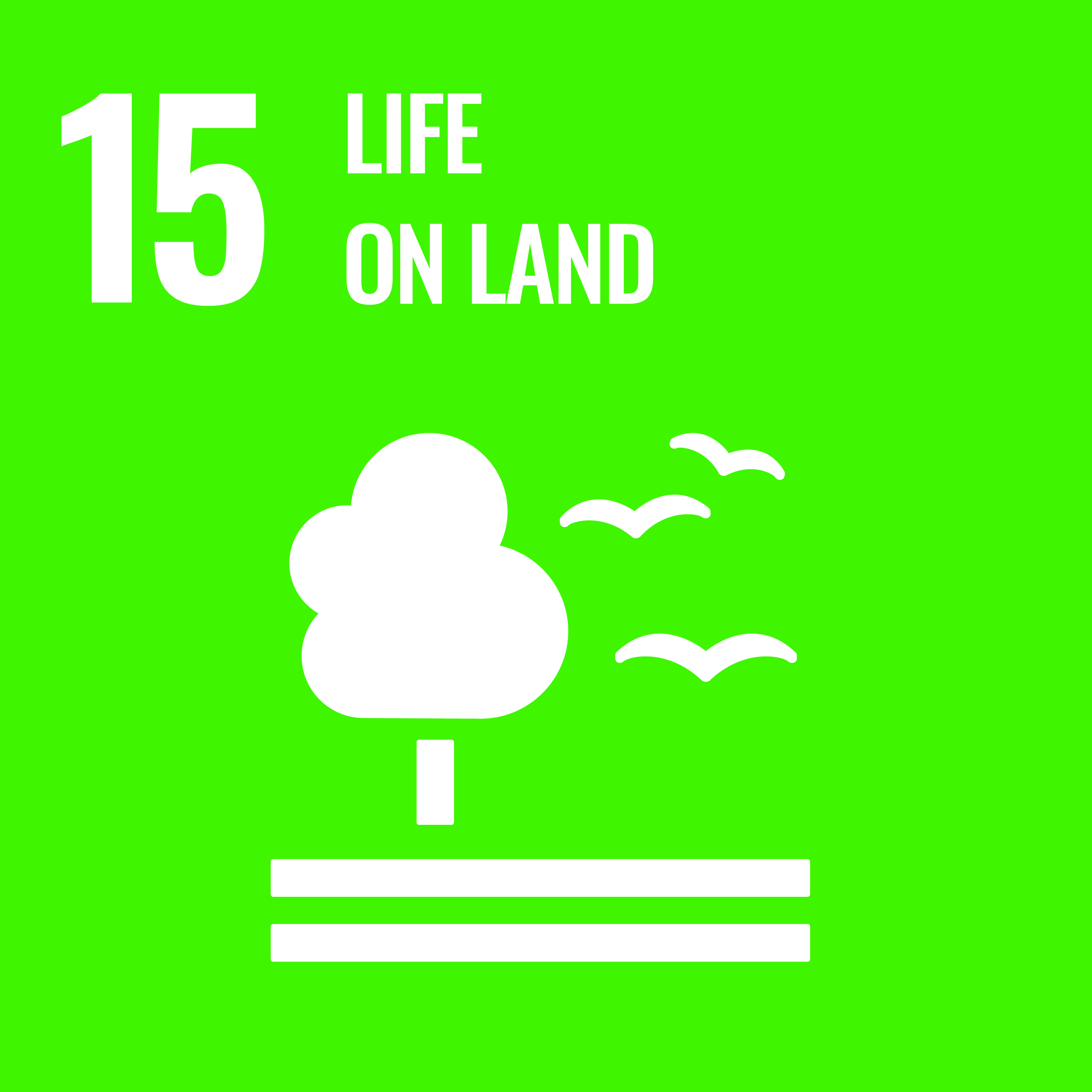
OS: PT SUNRISE BUMI TEXTILES
Habitat Team Building Camp 2019 at Mauk, Tangerang
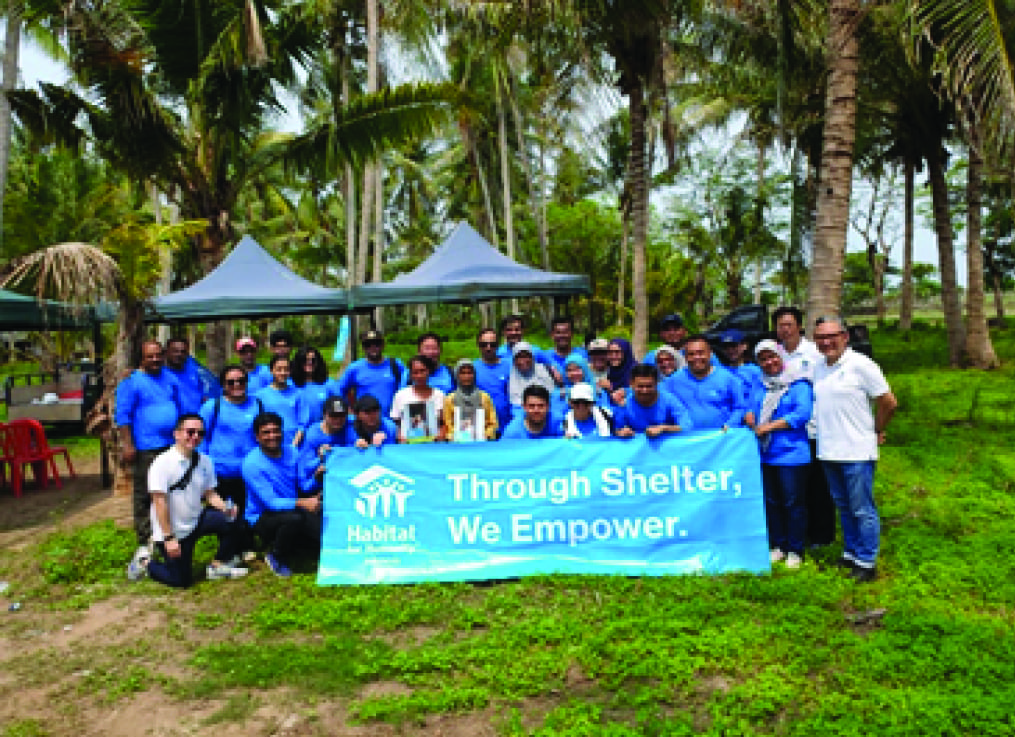
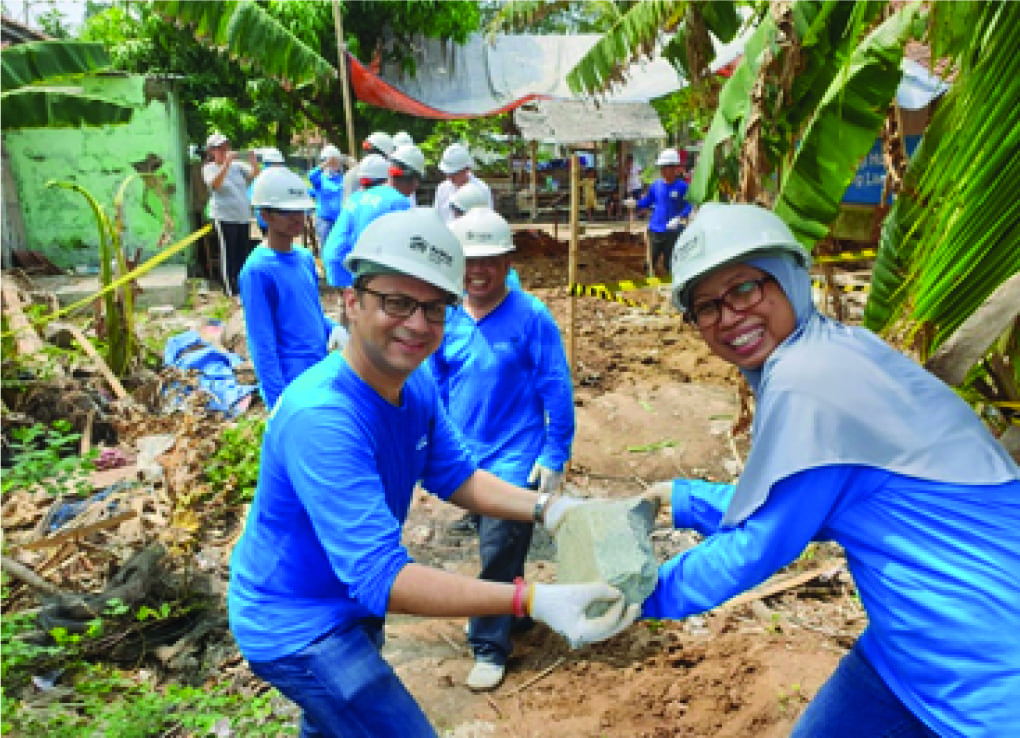
OS: PT SUNRISE BUMI TEXTILES
